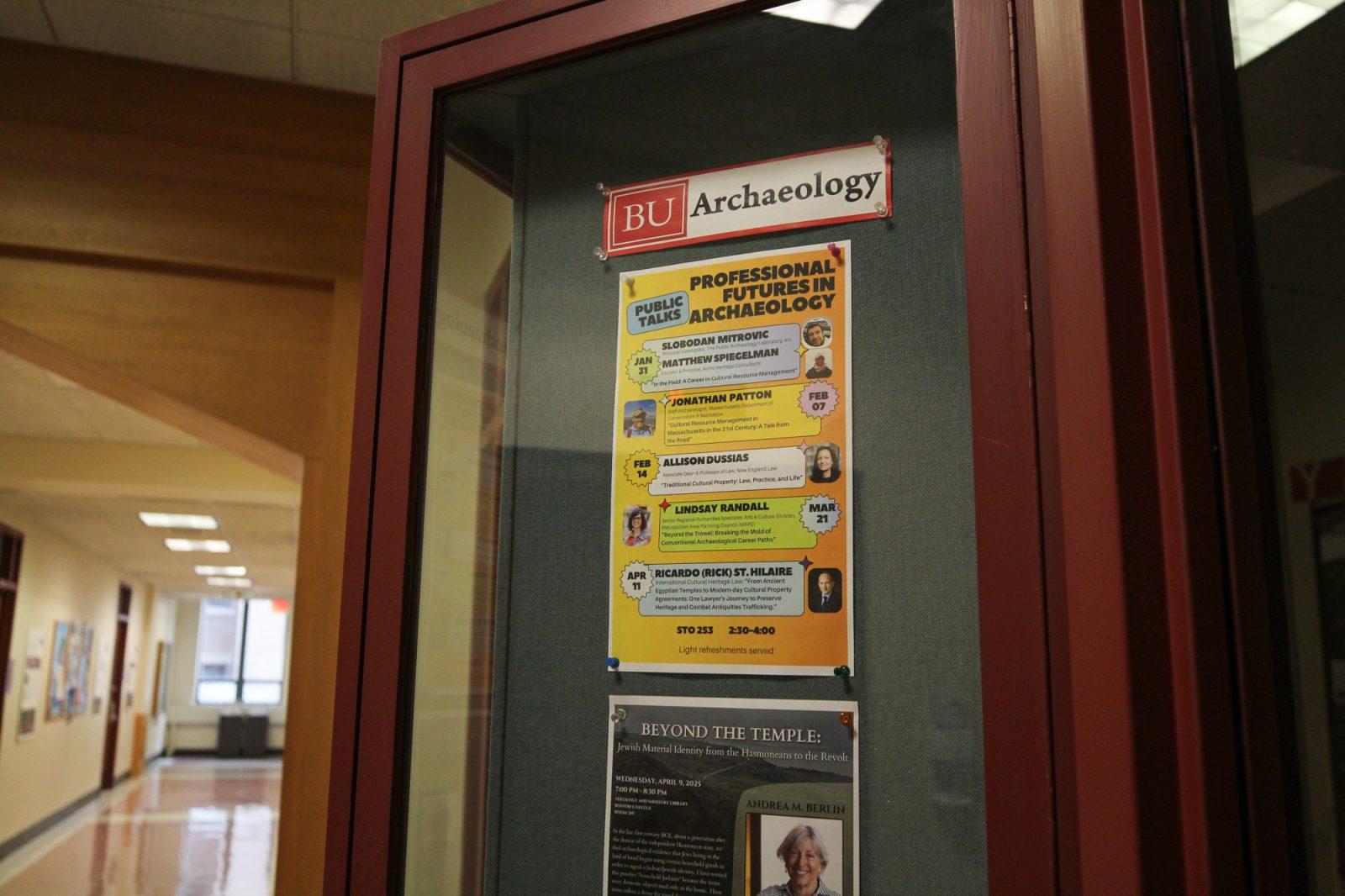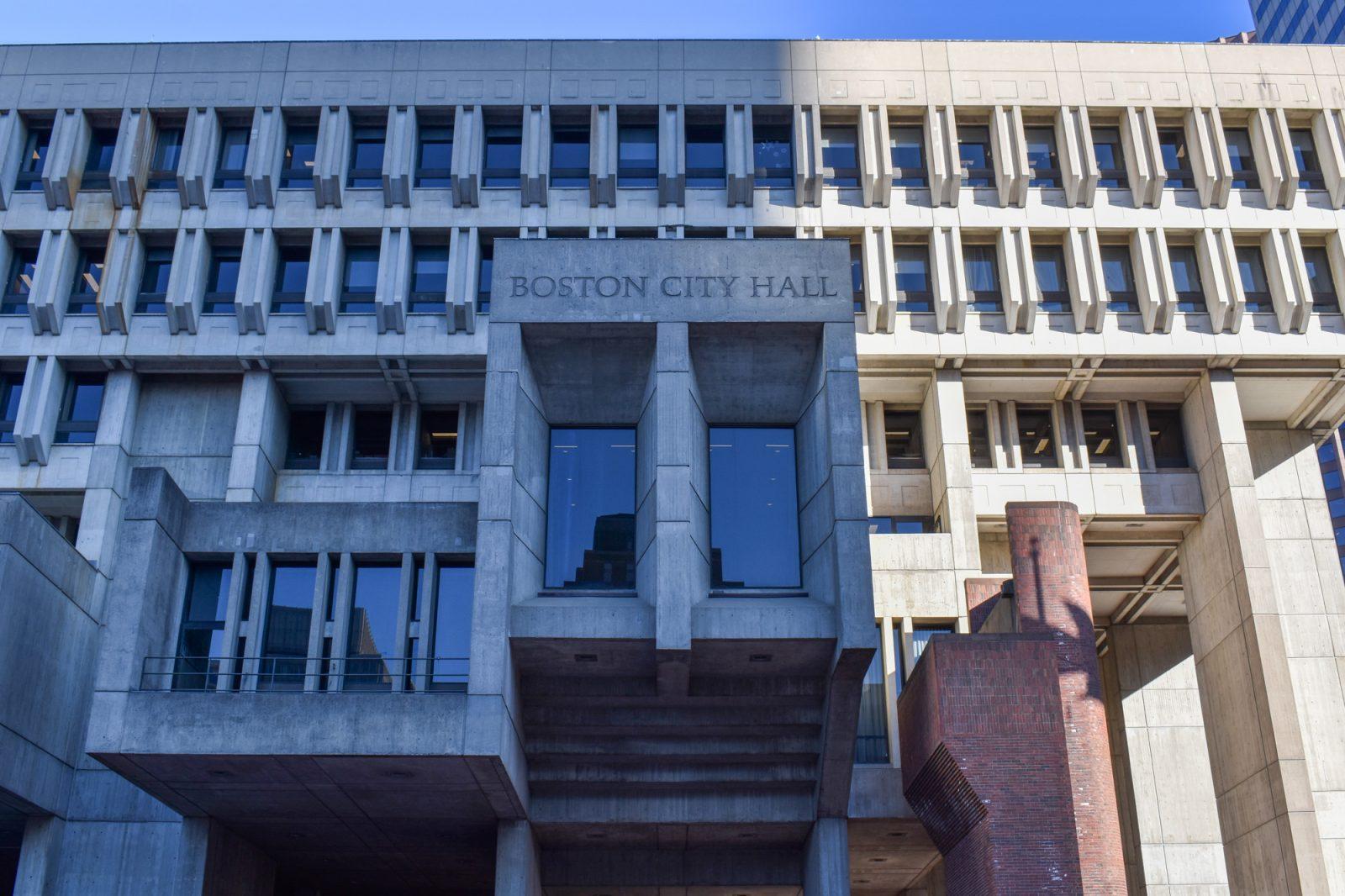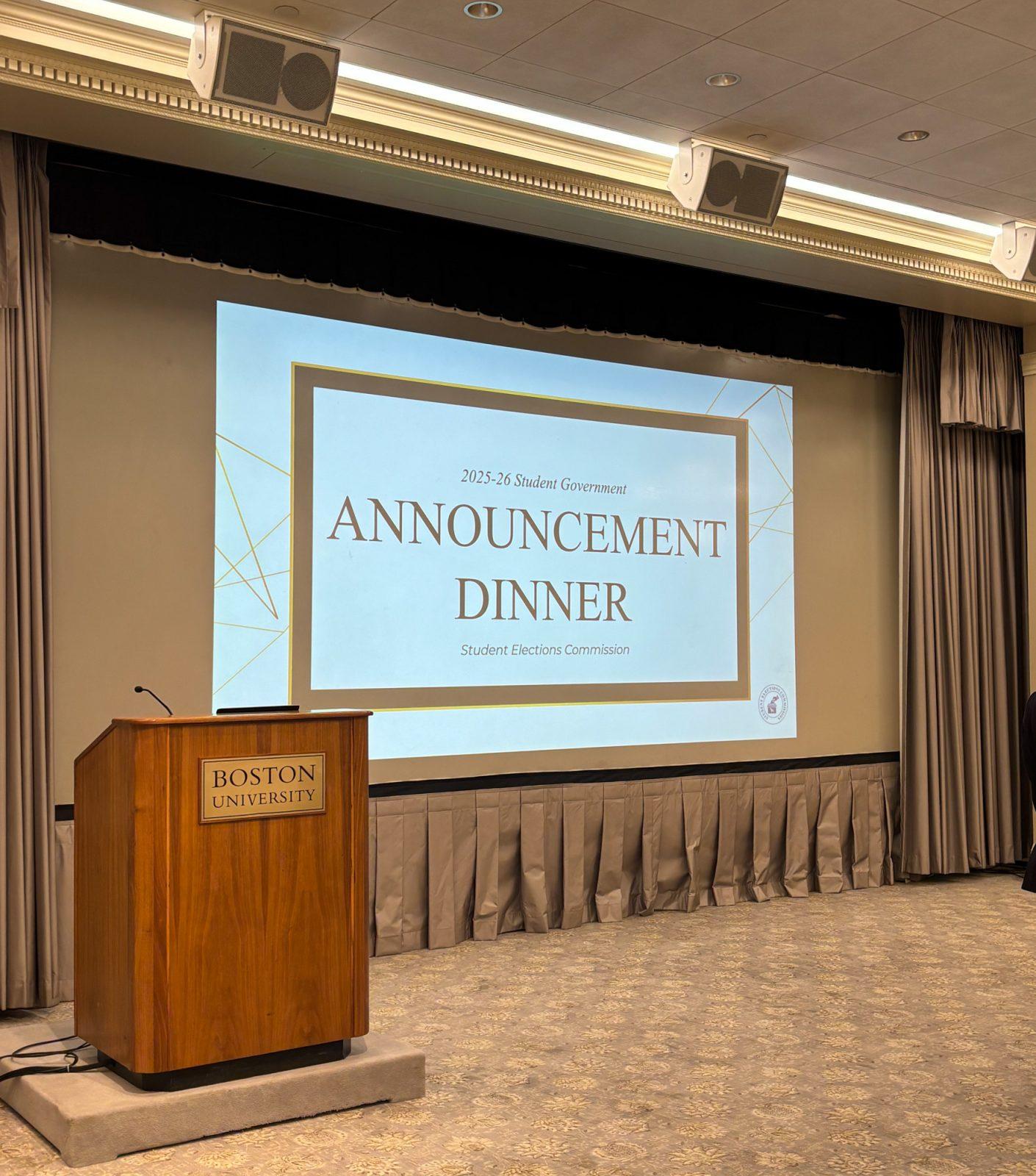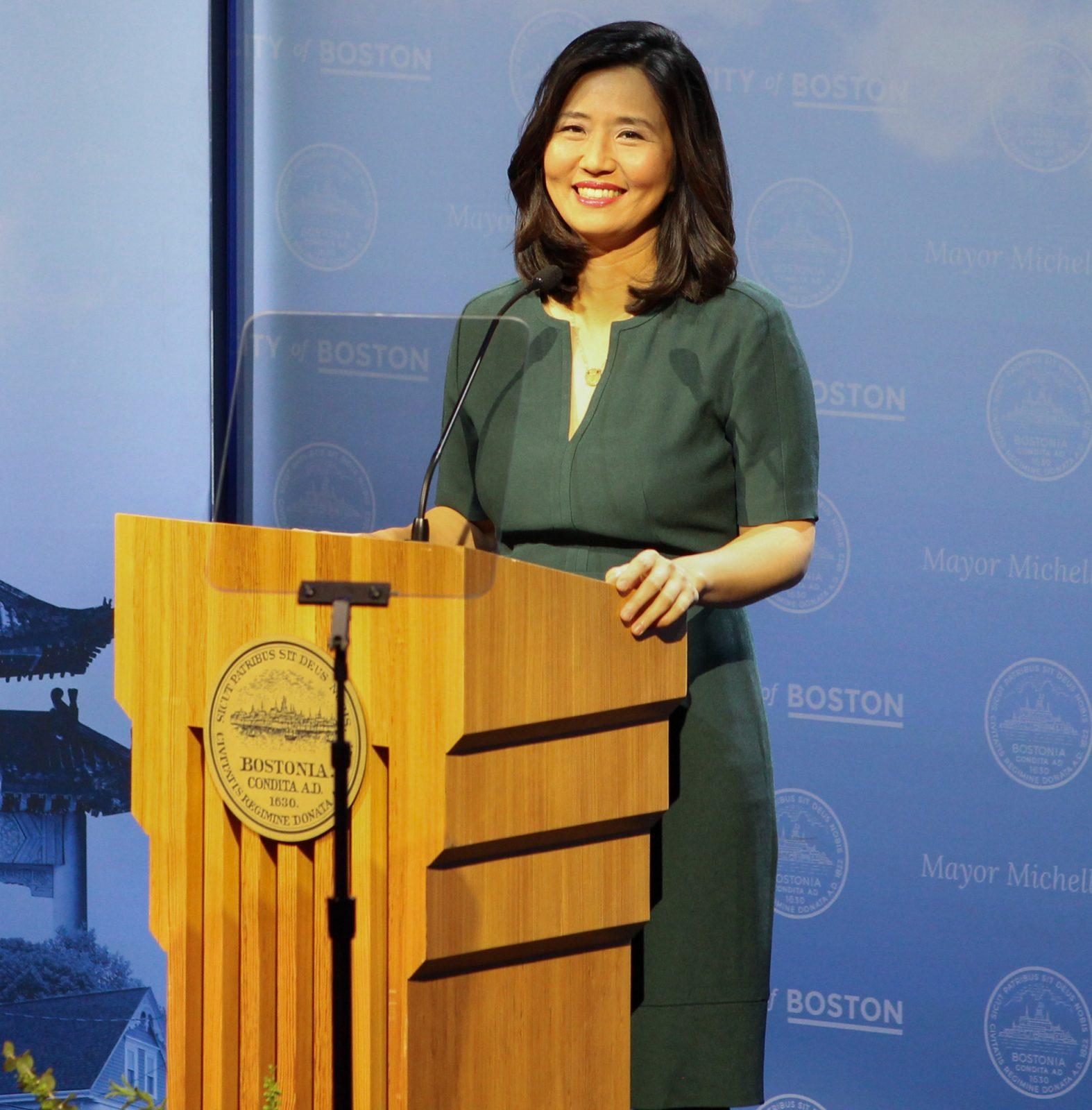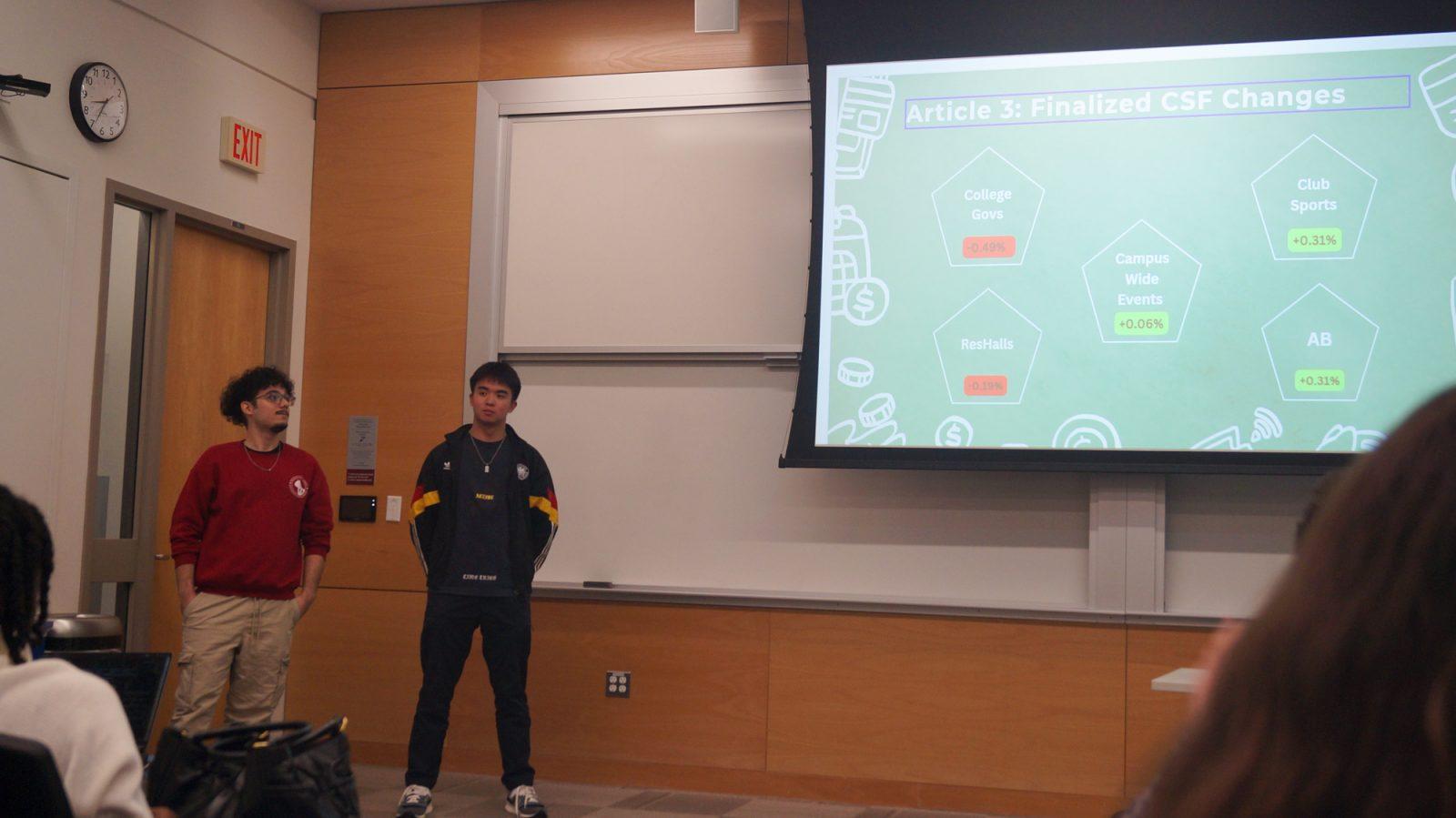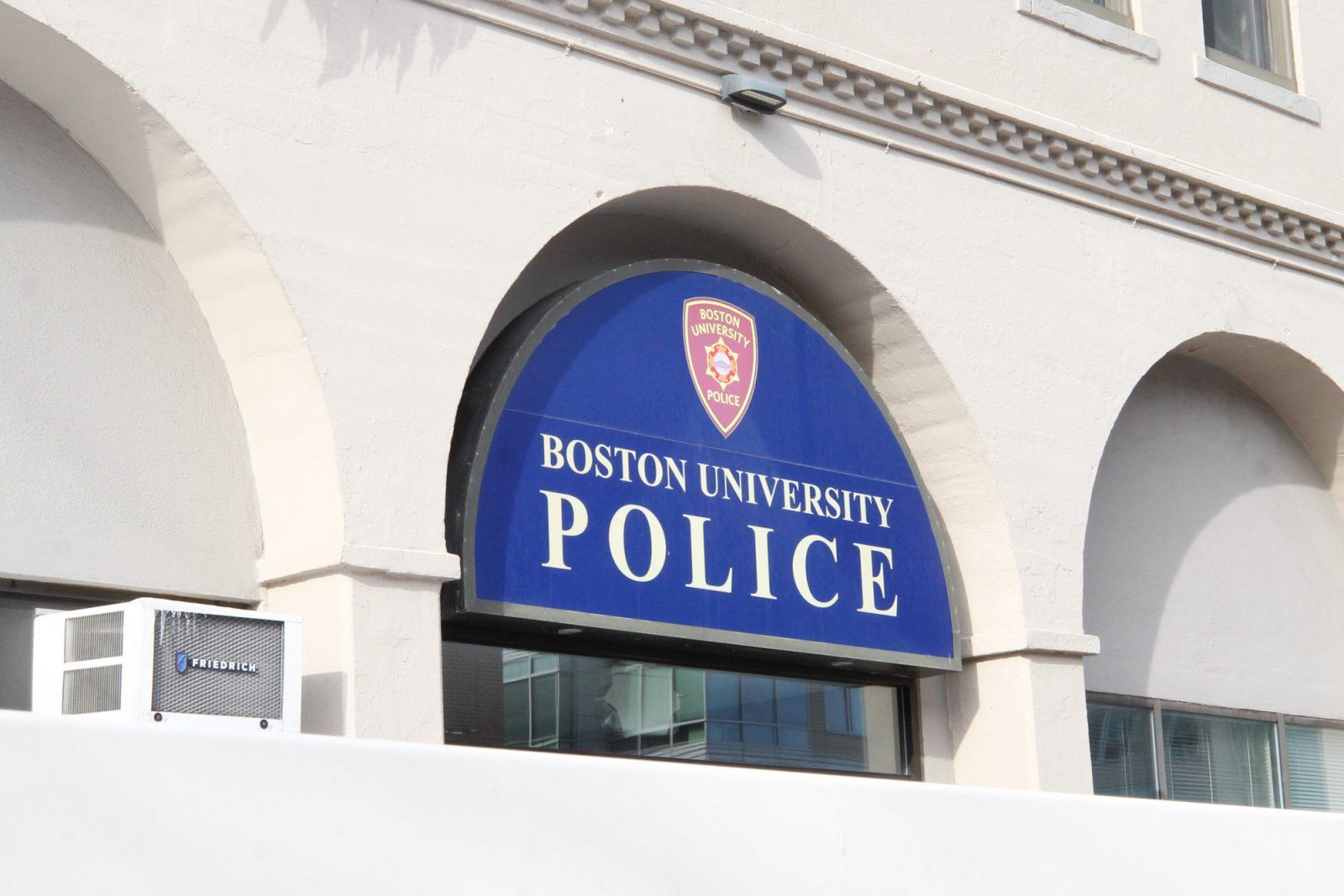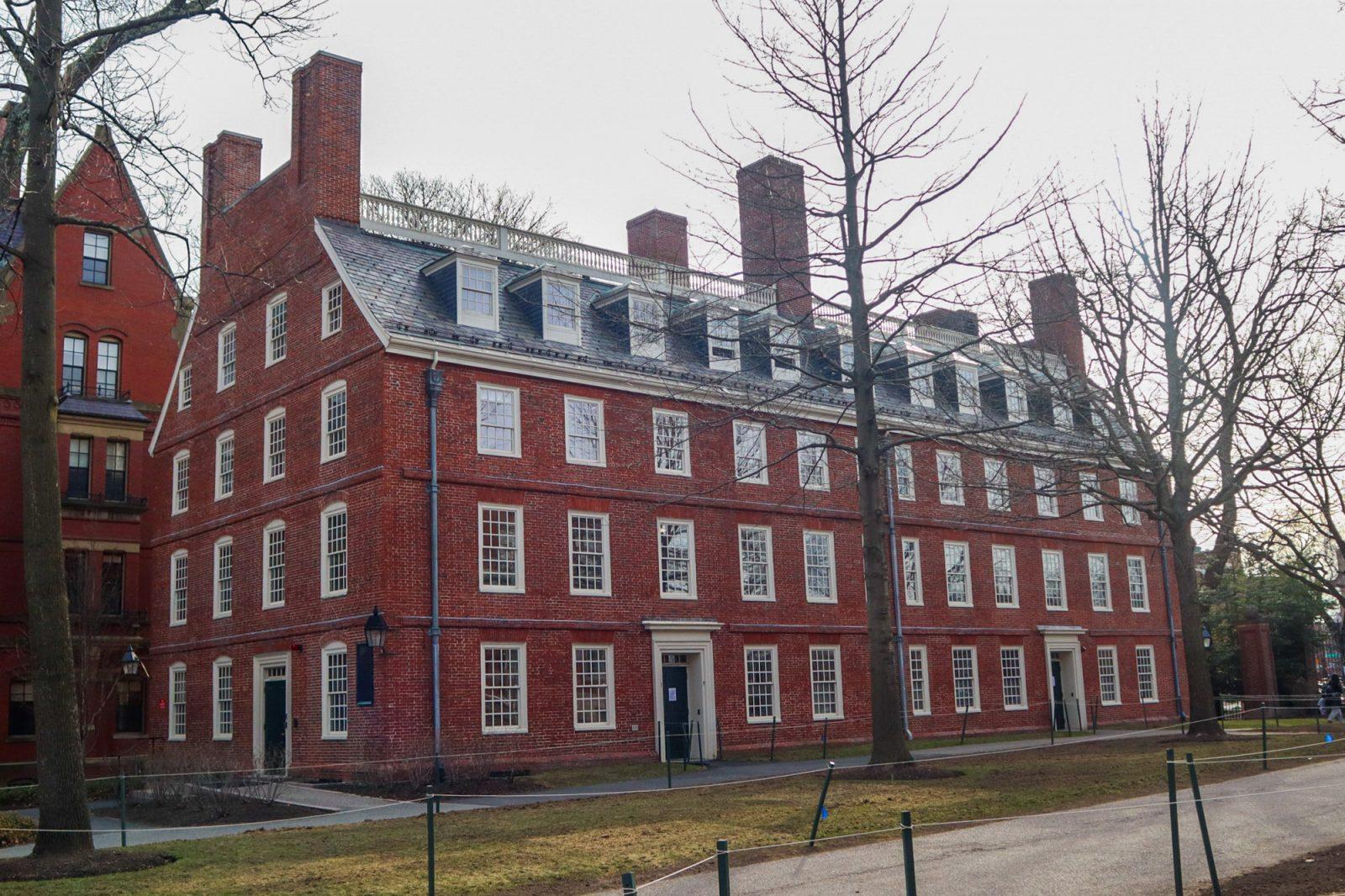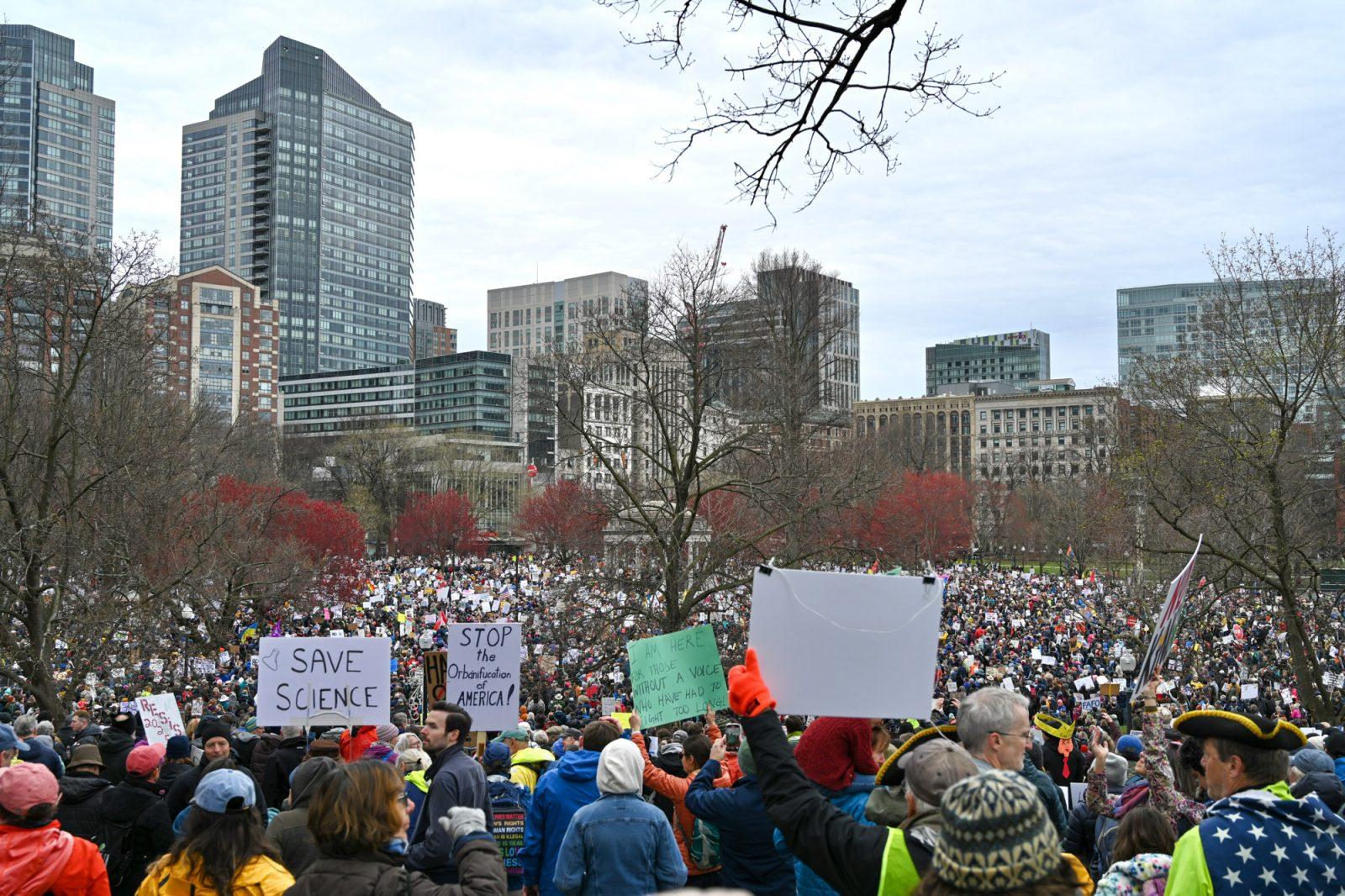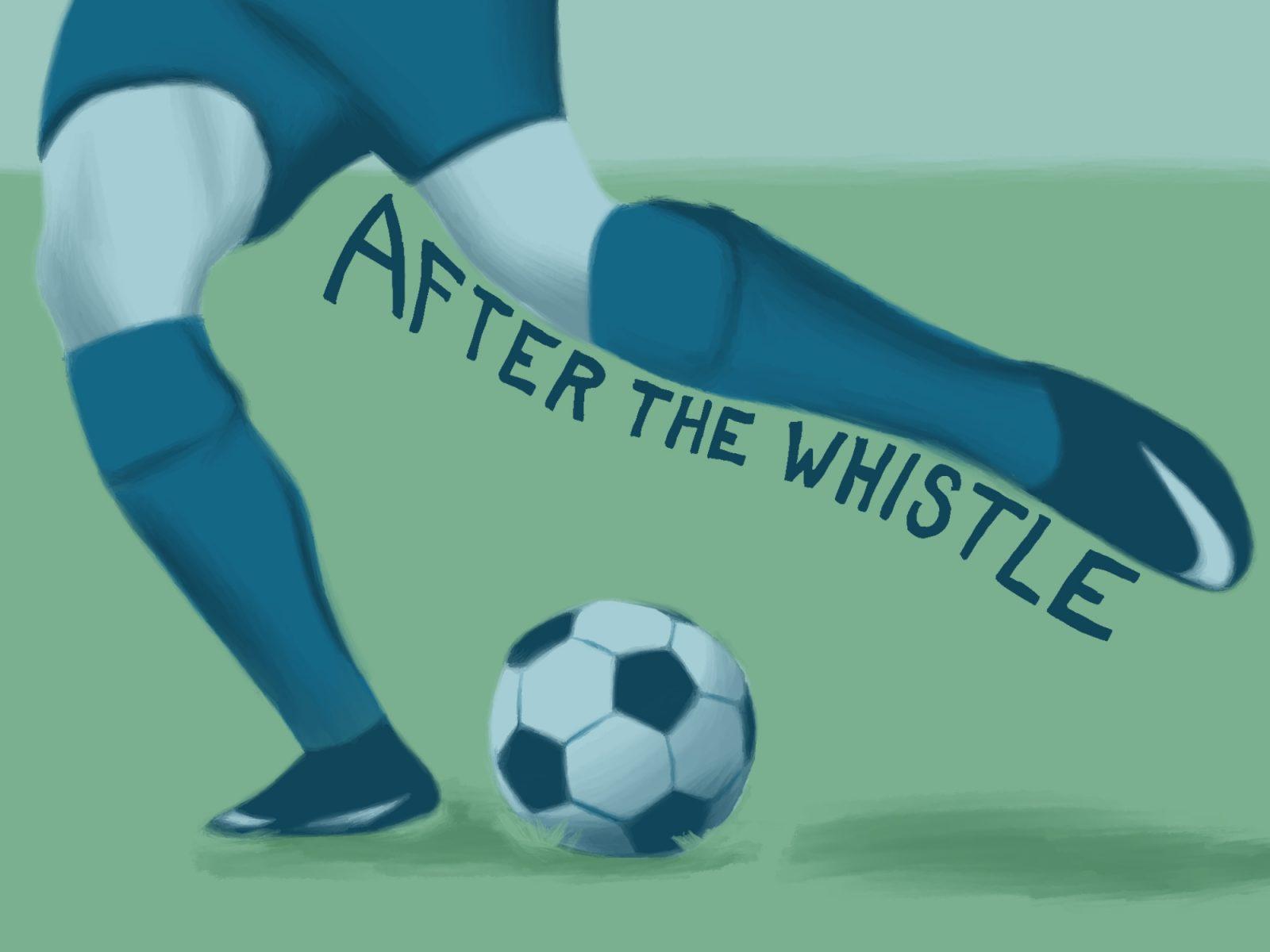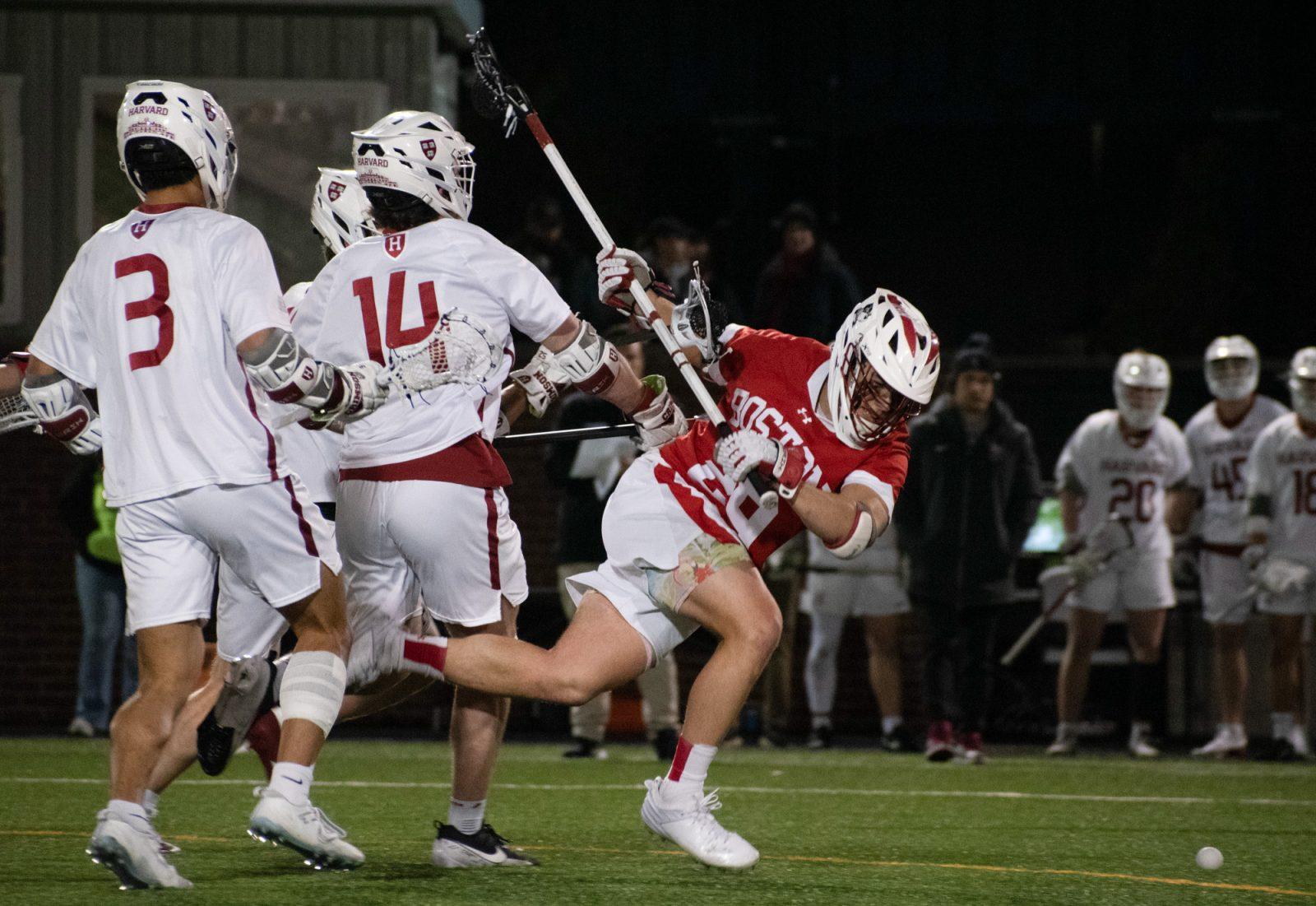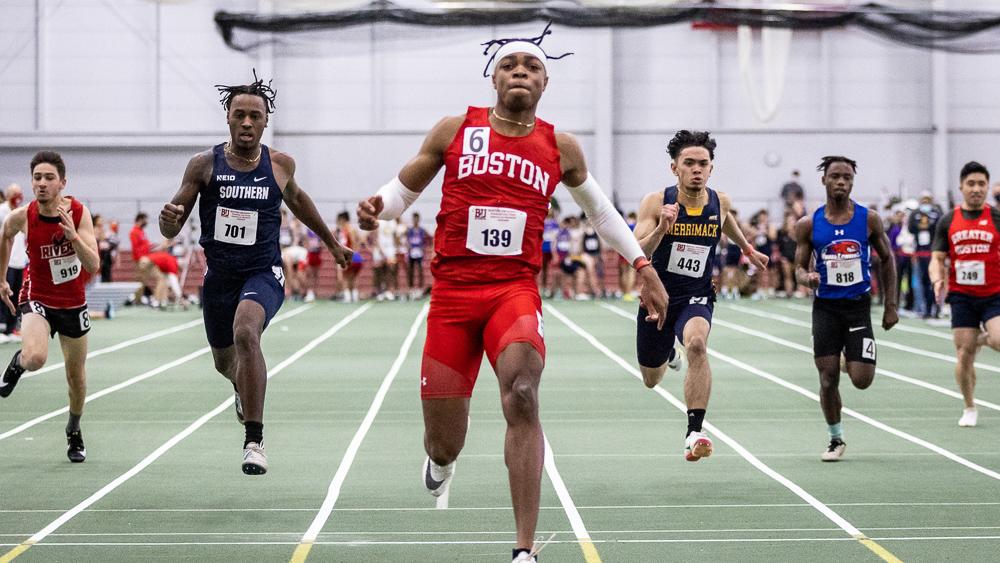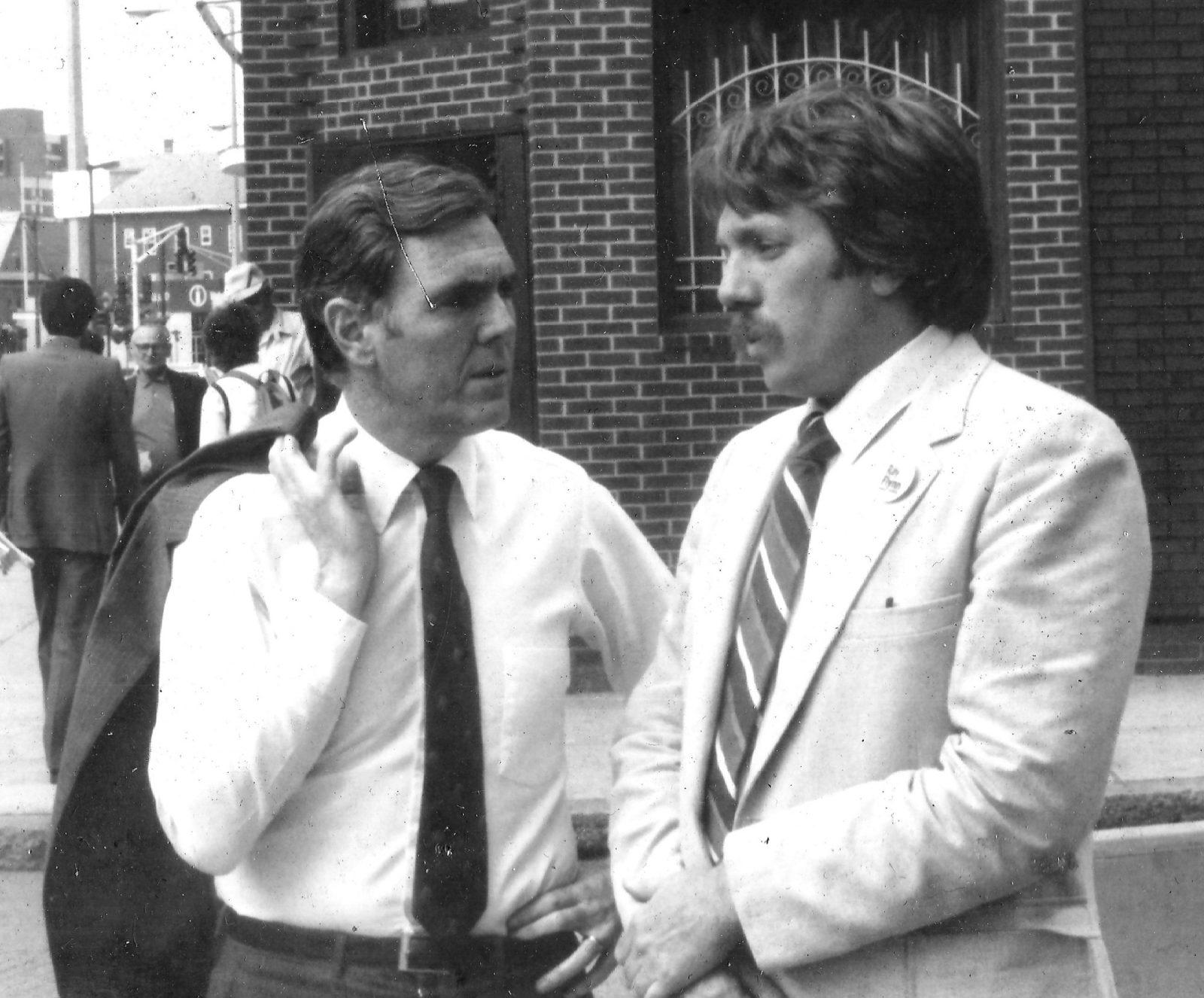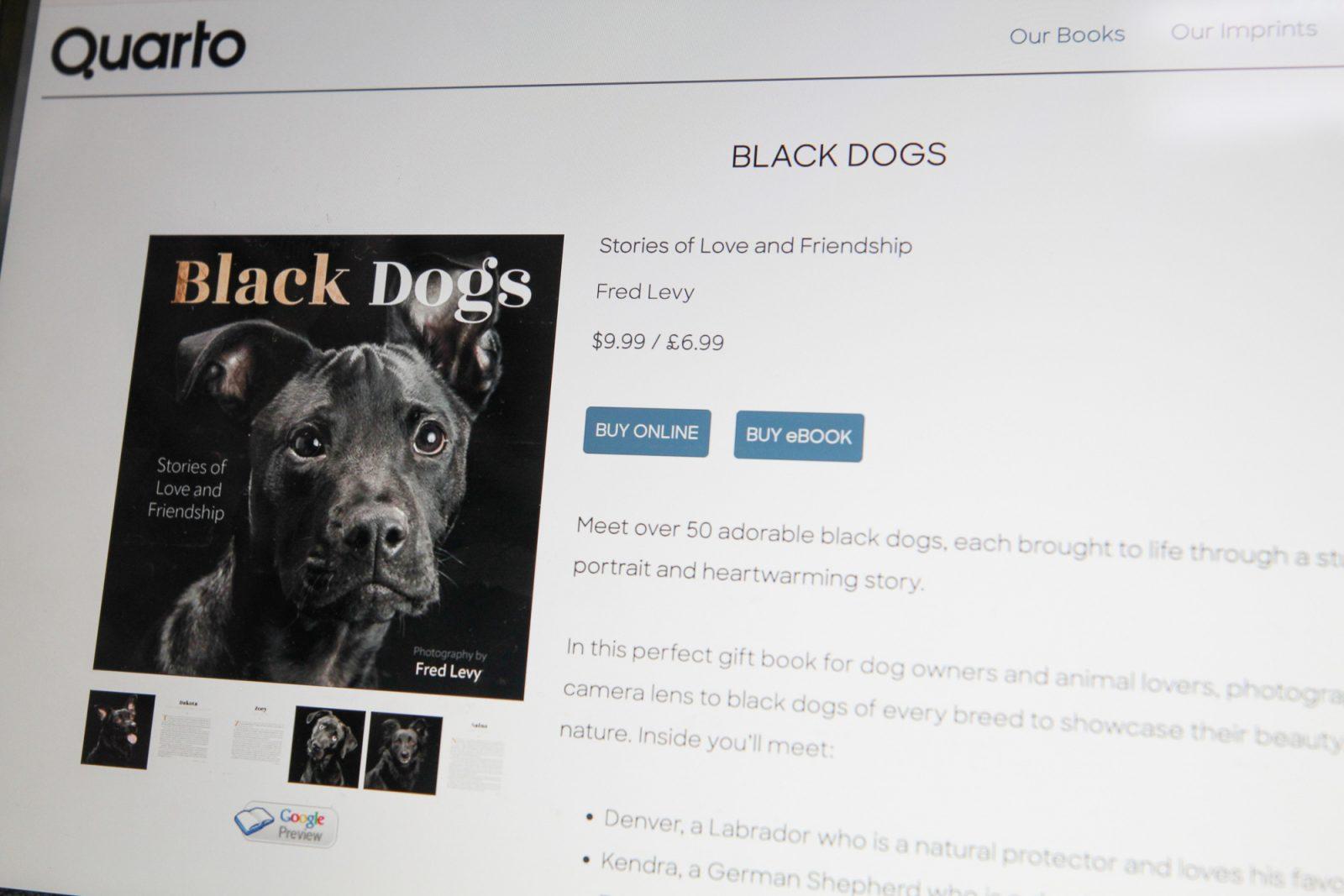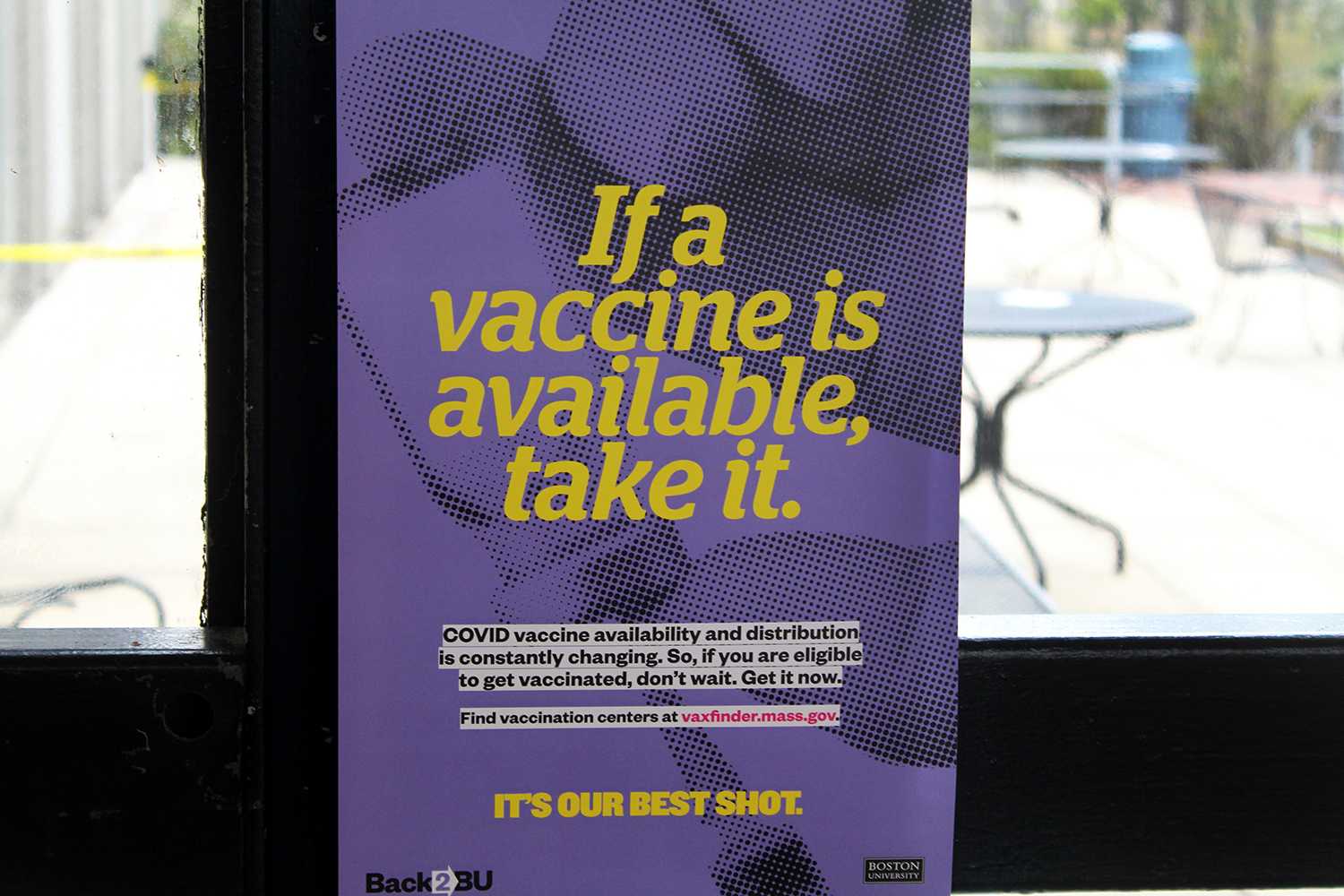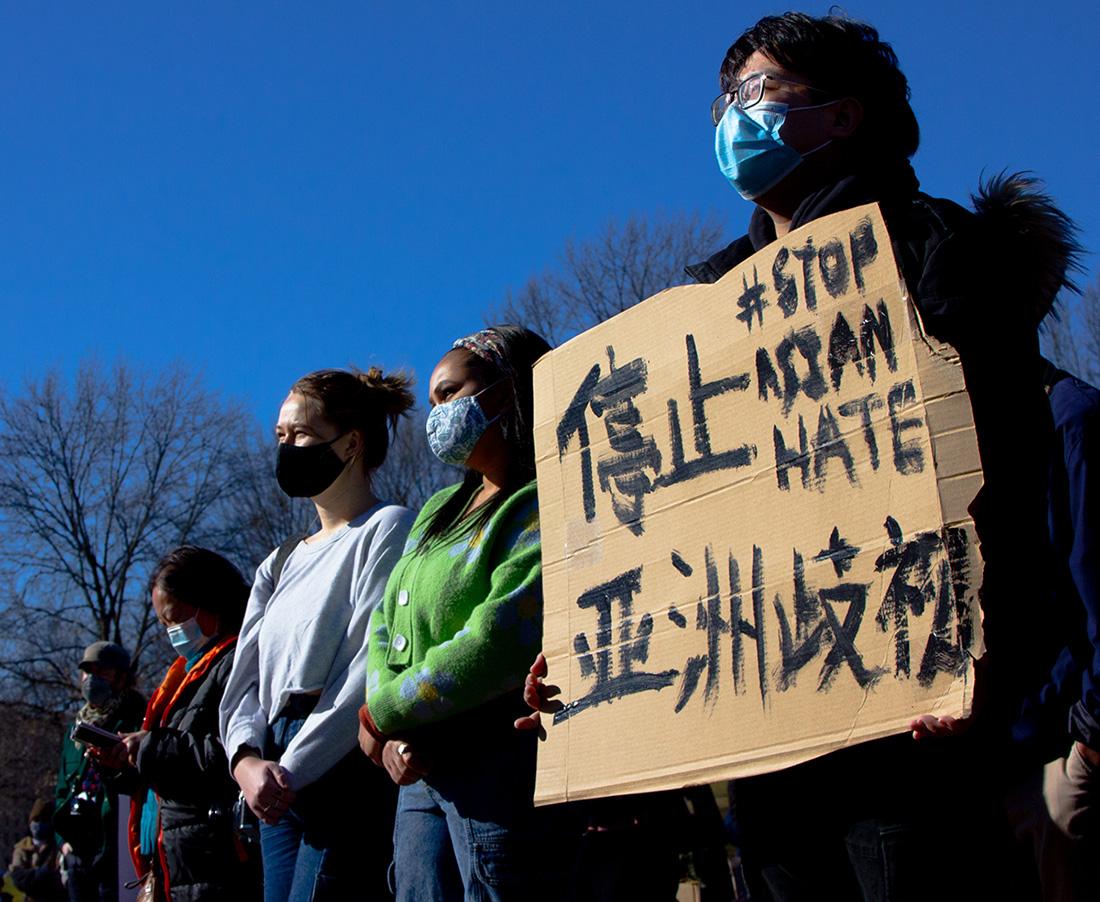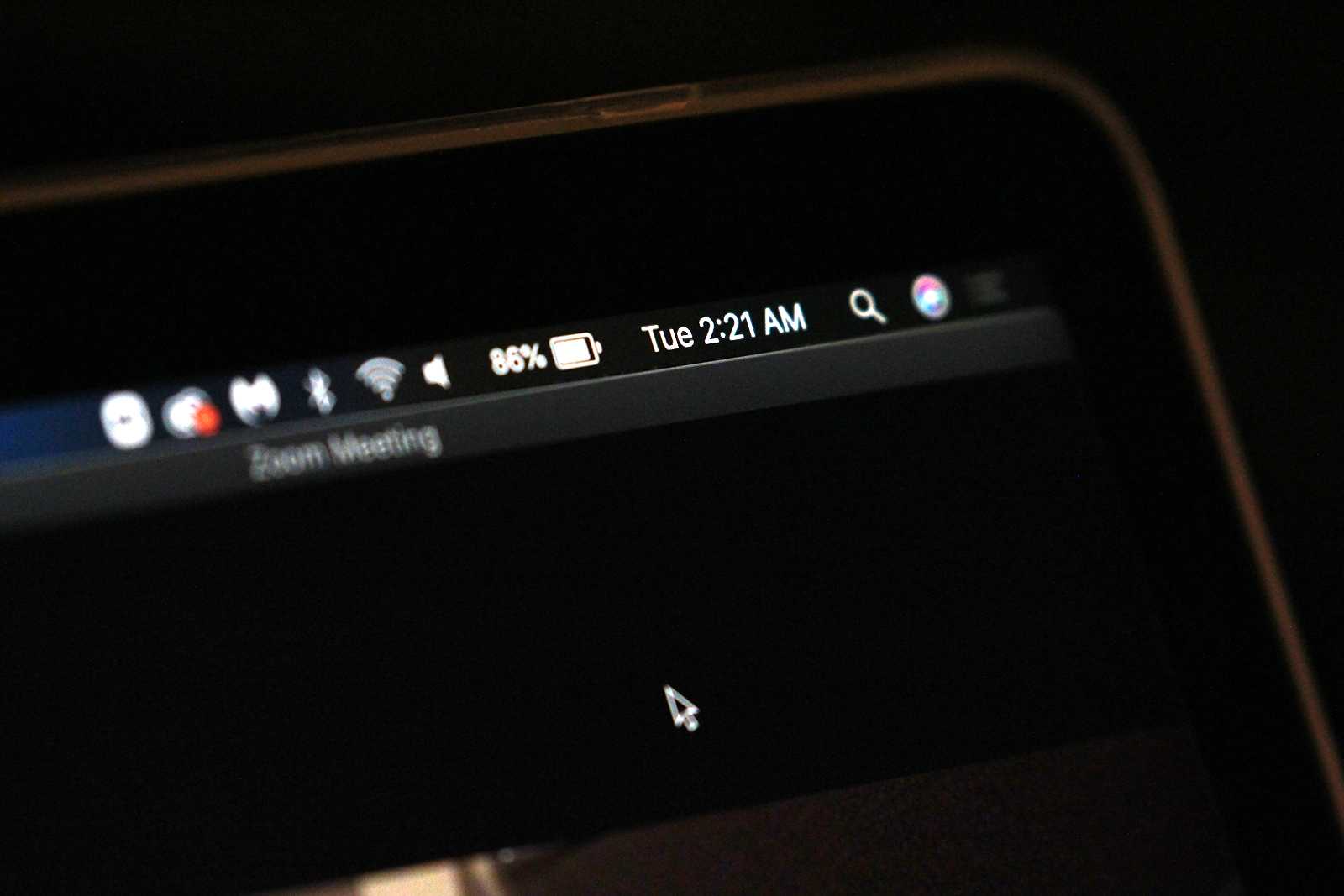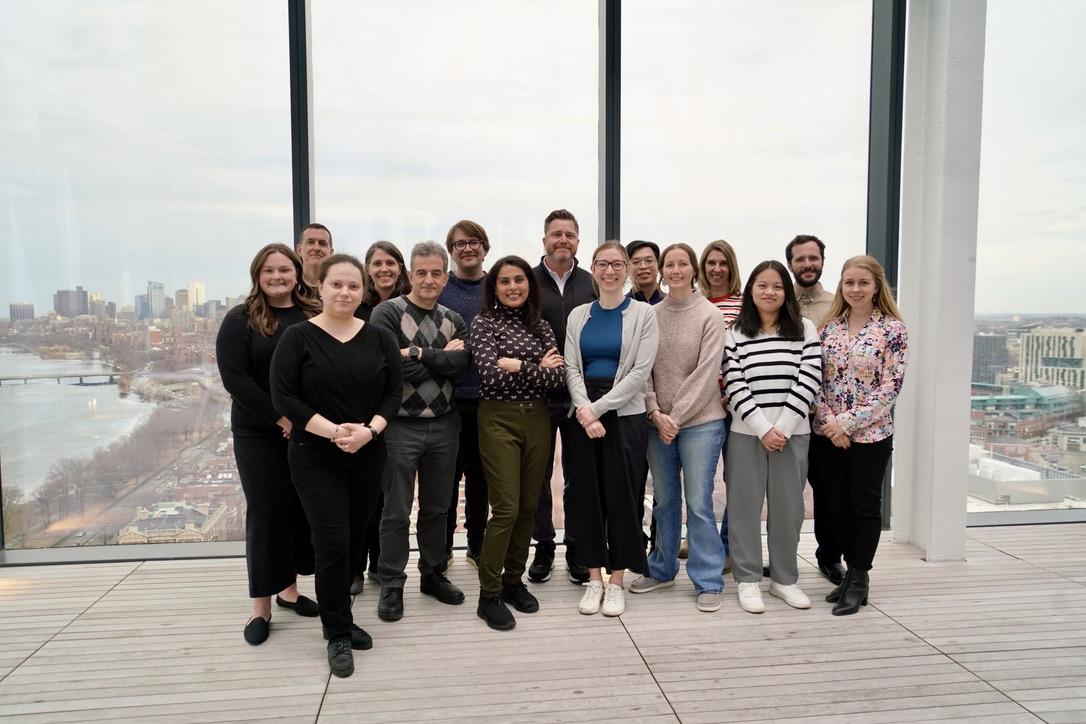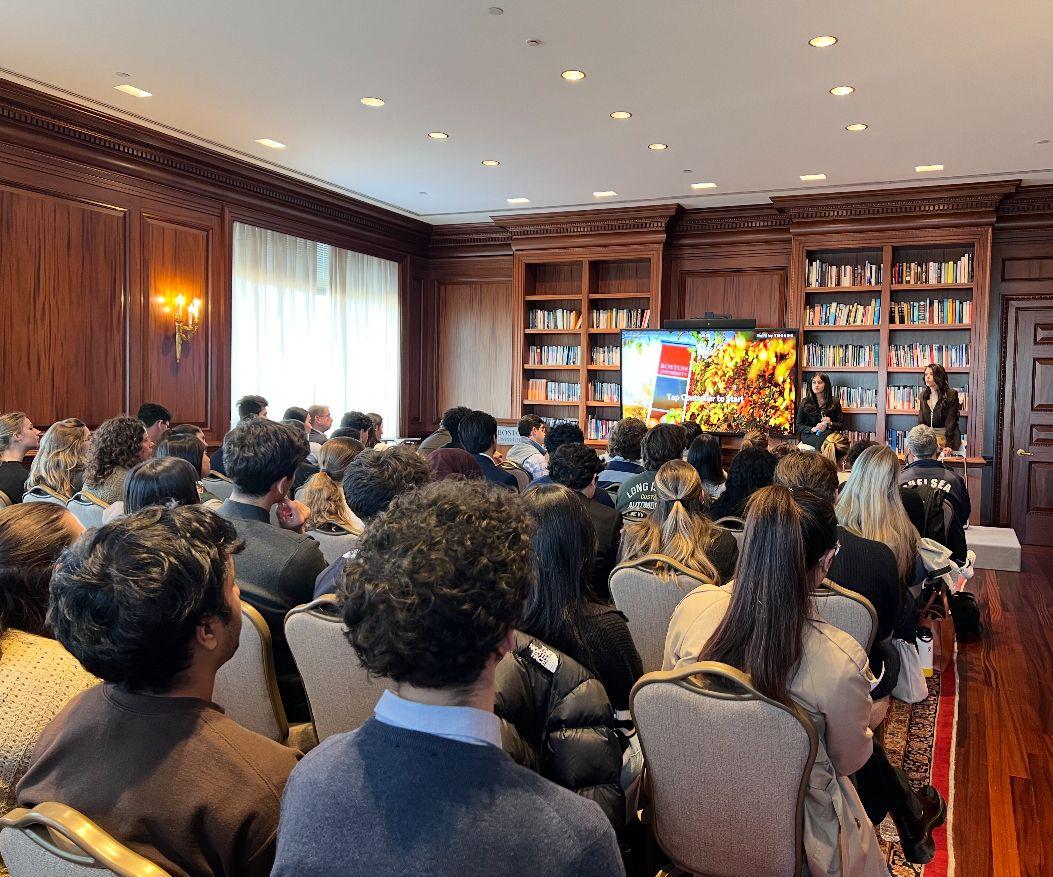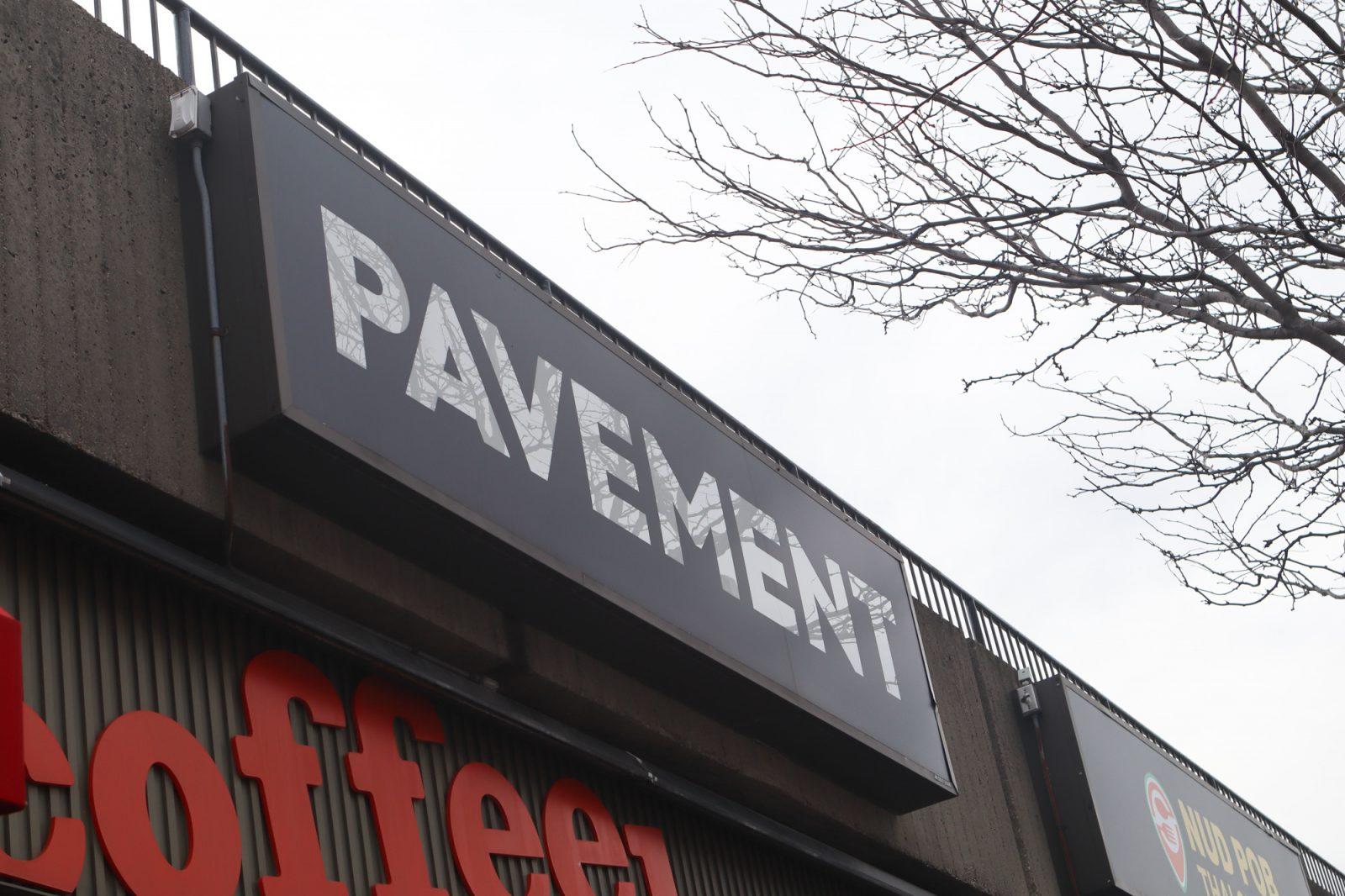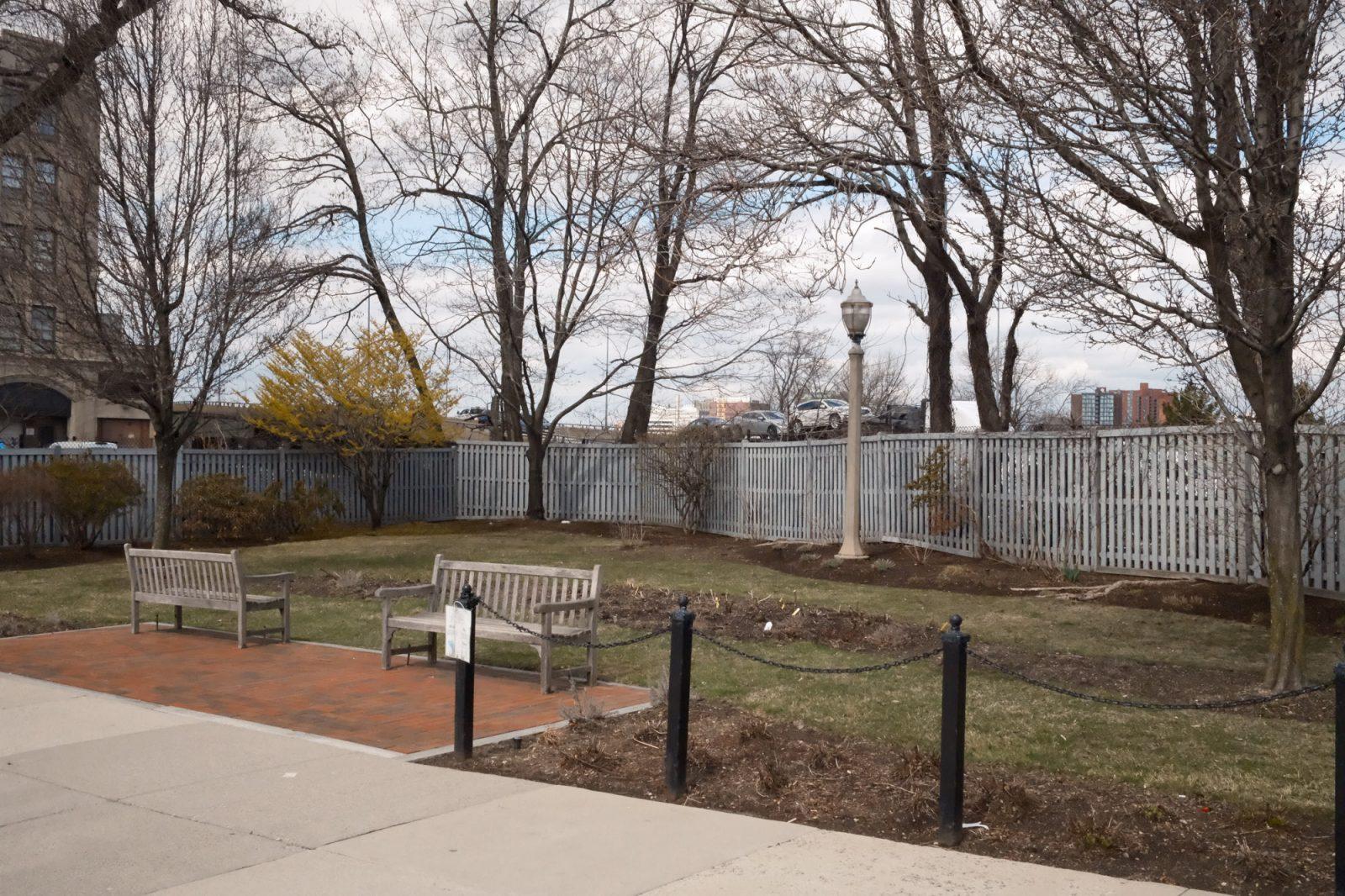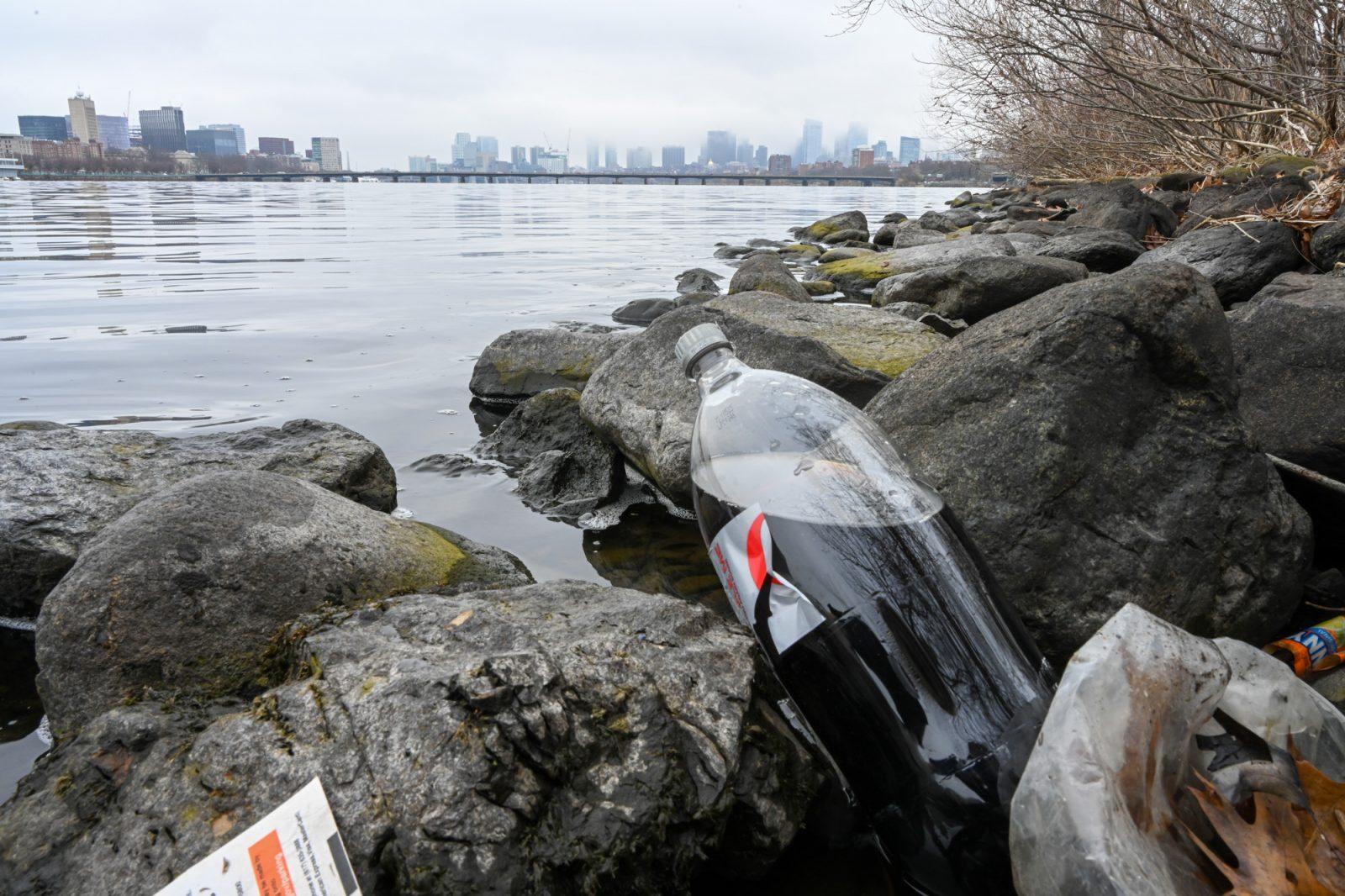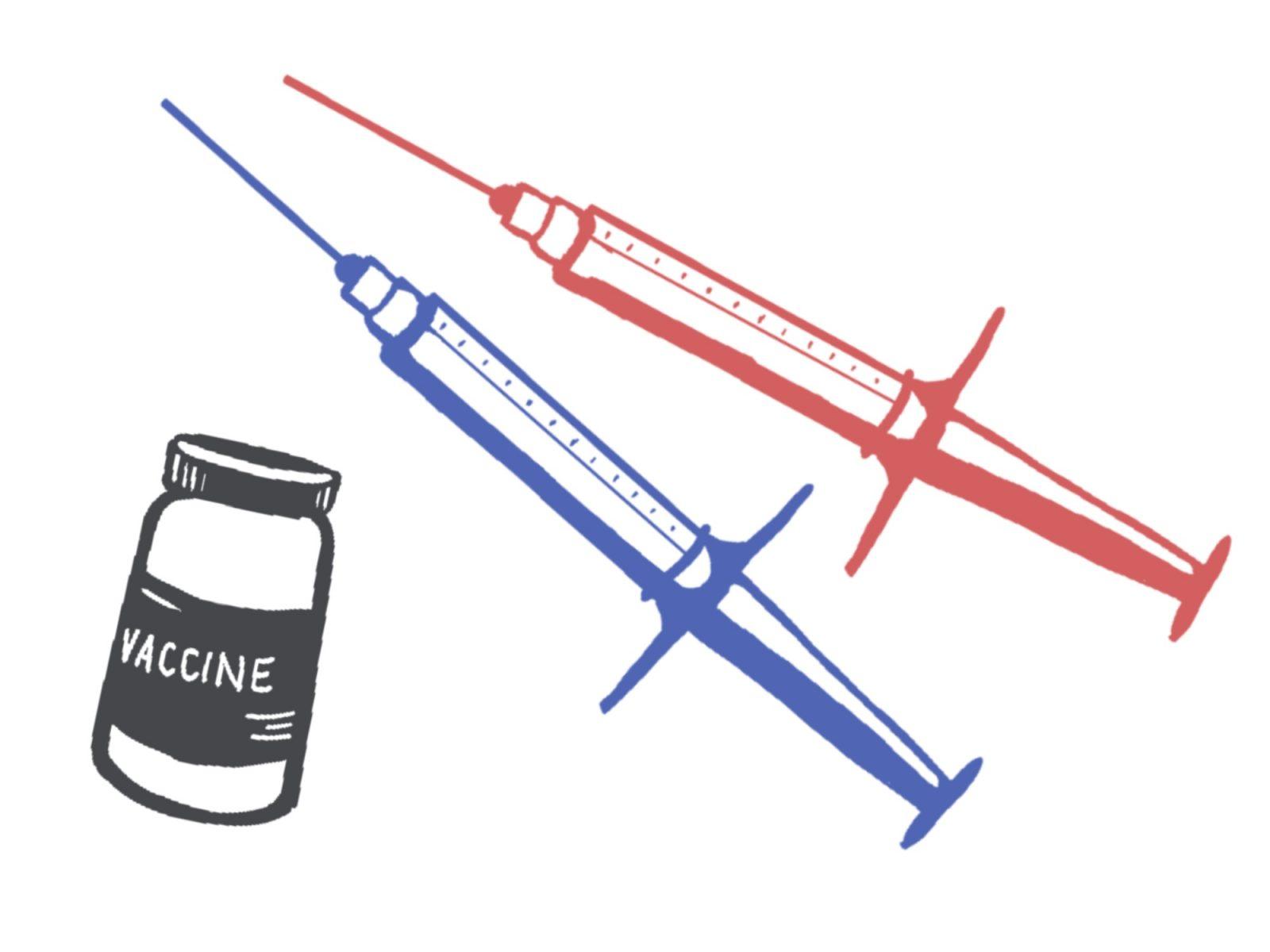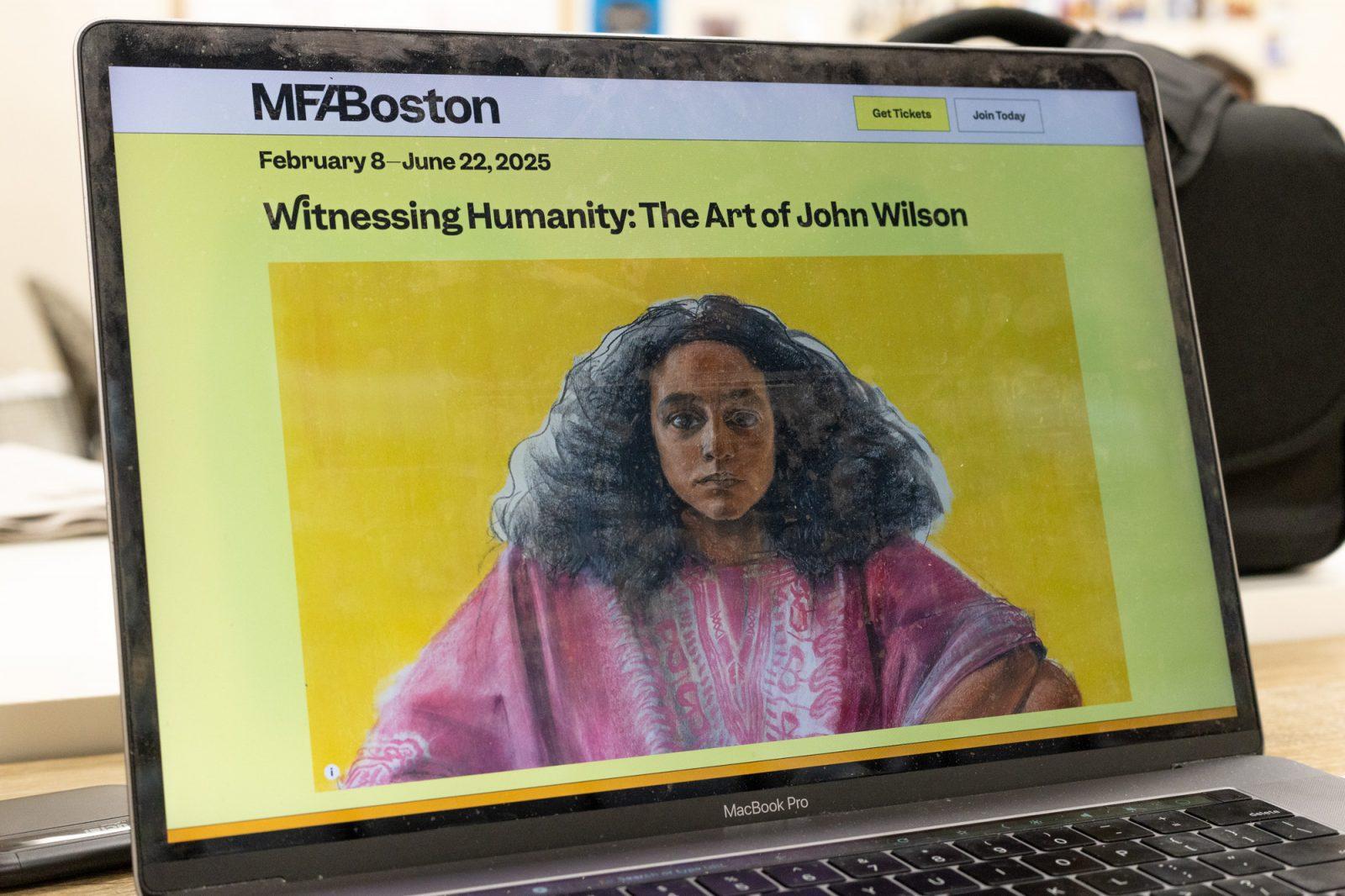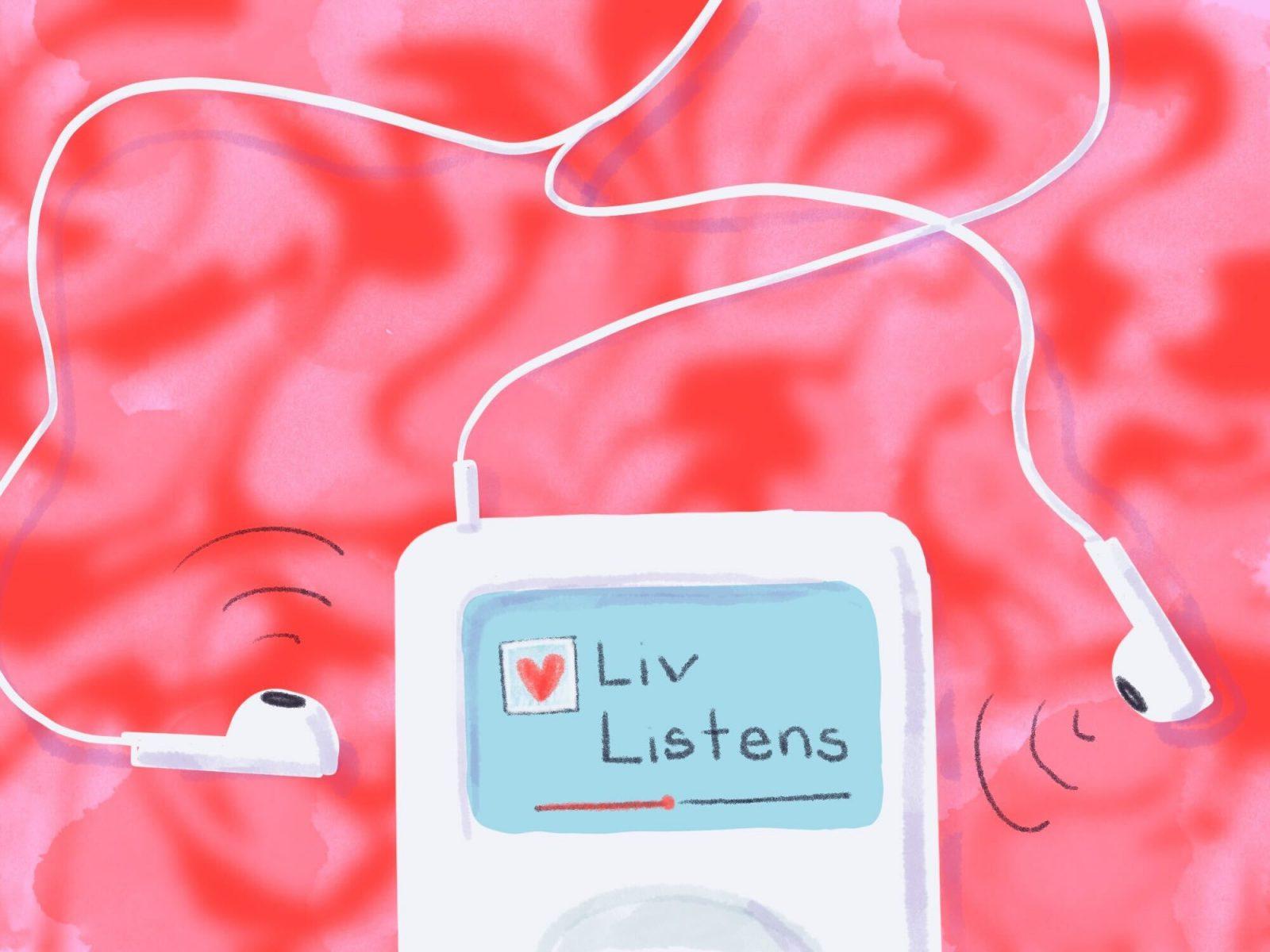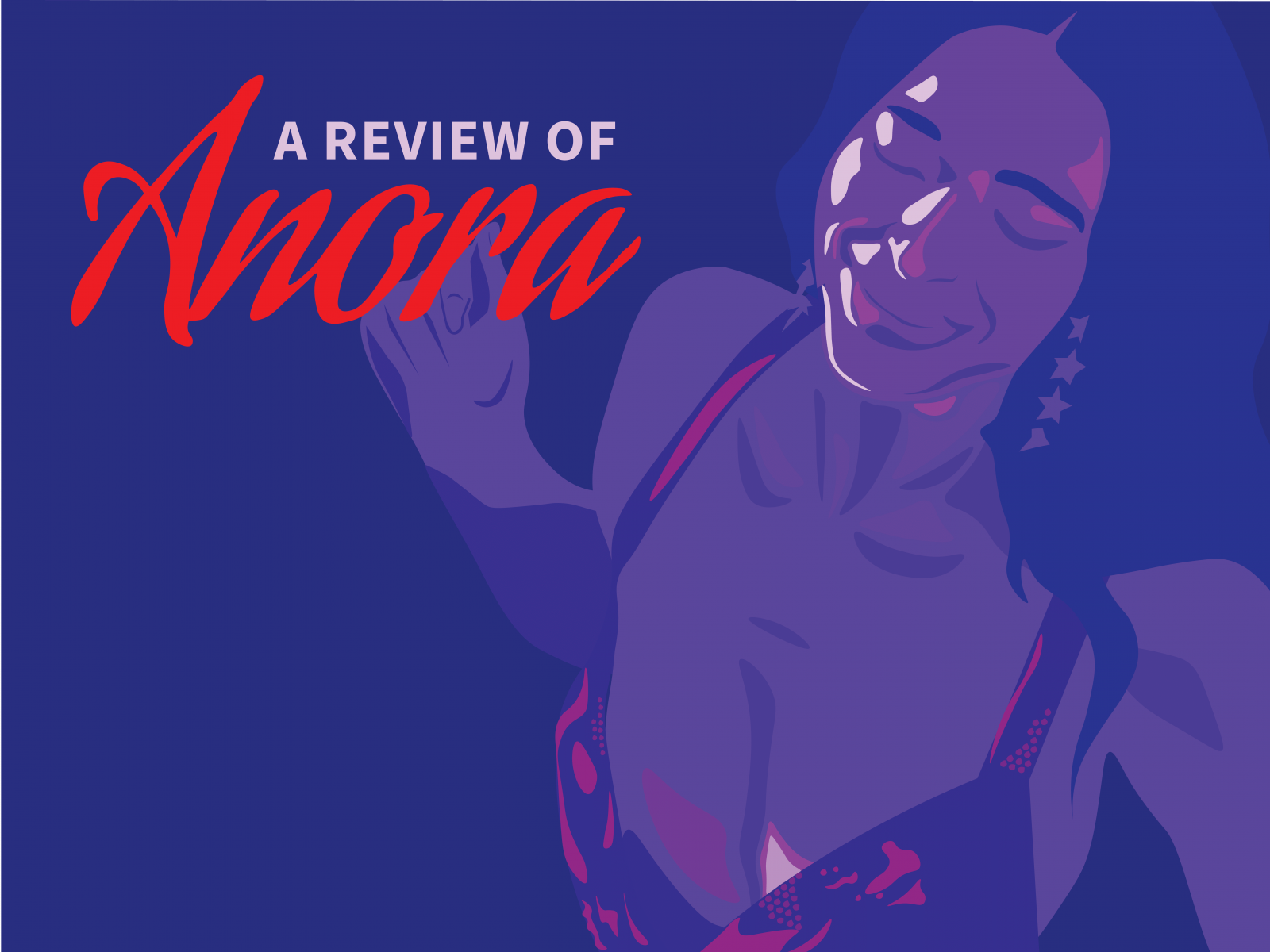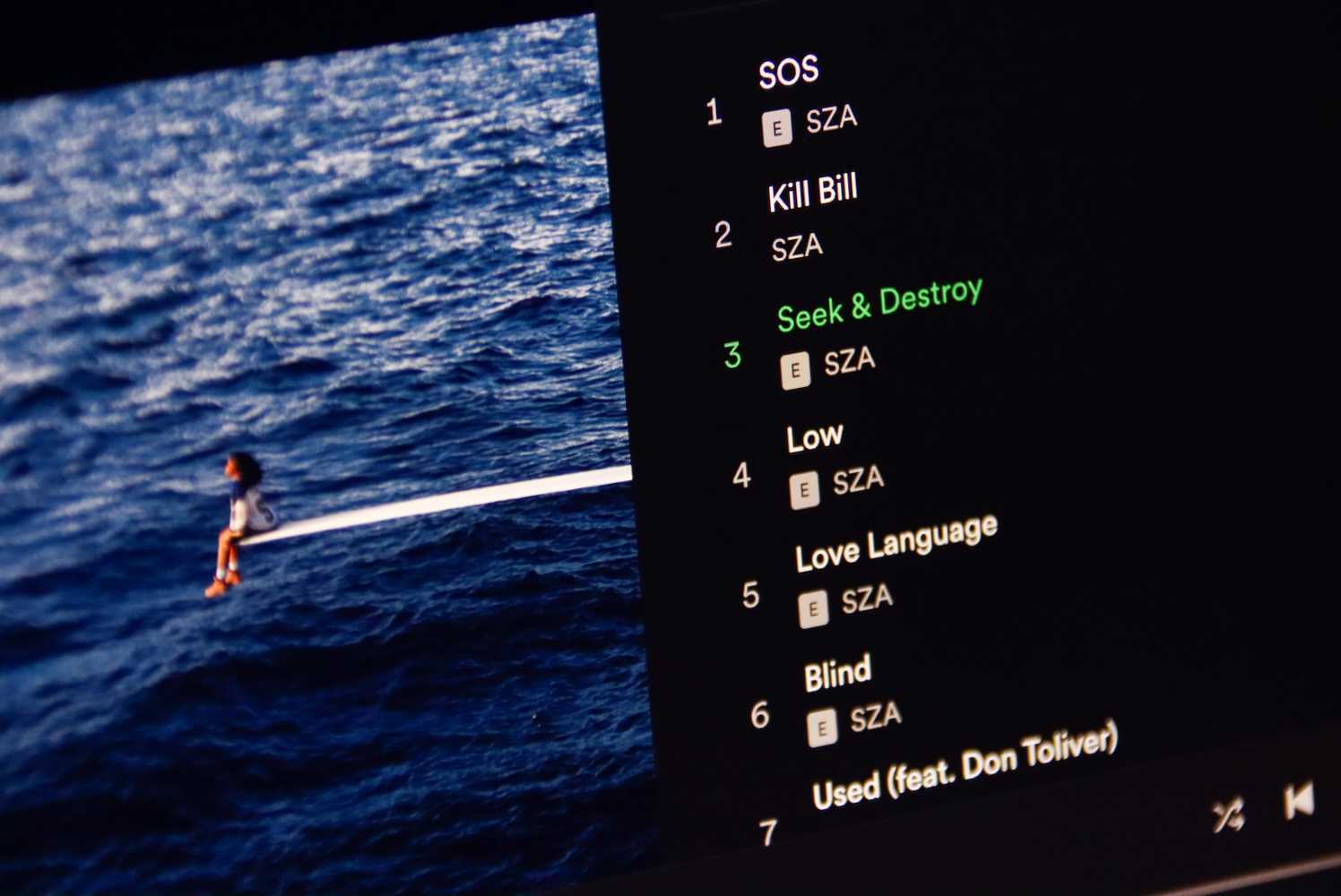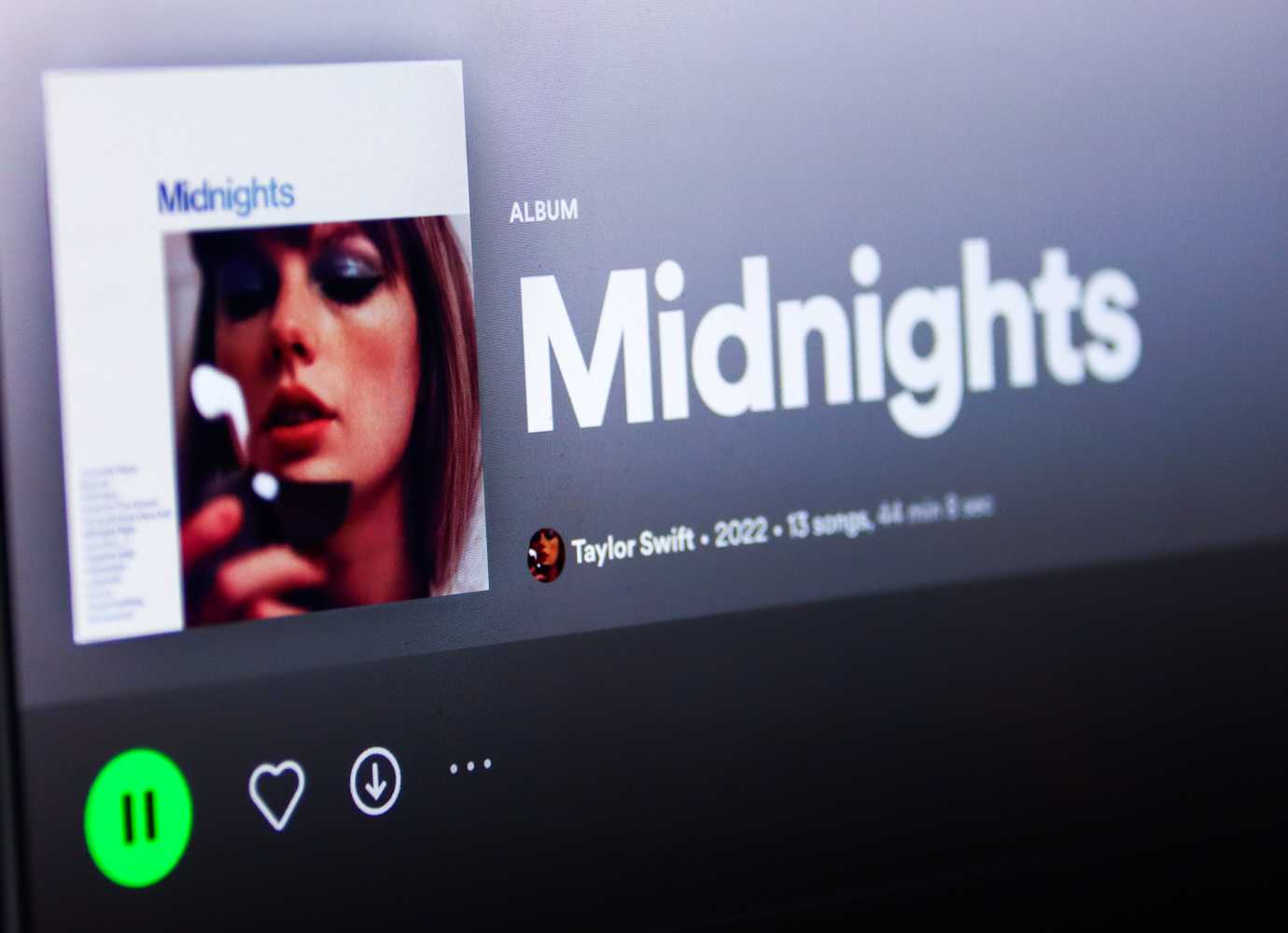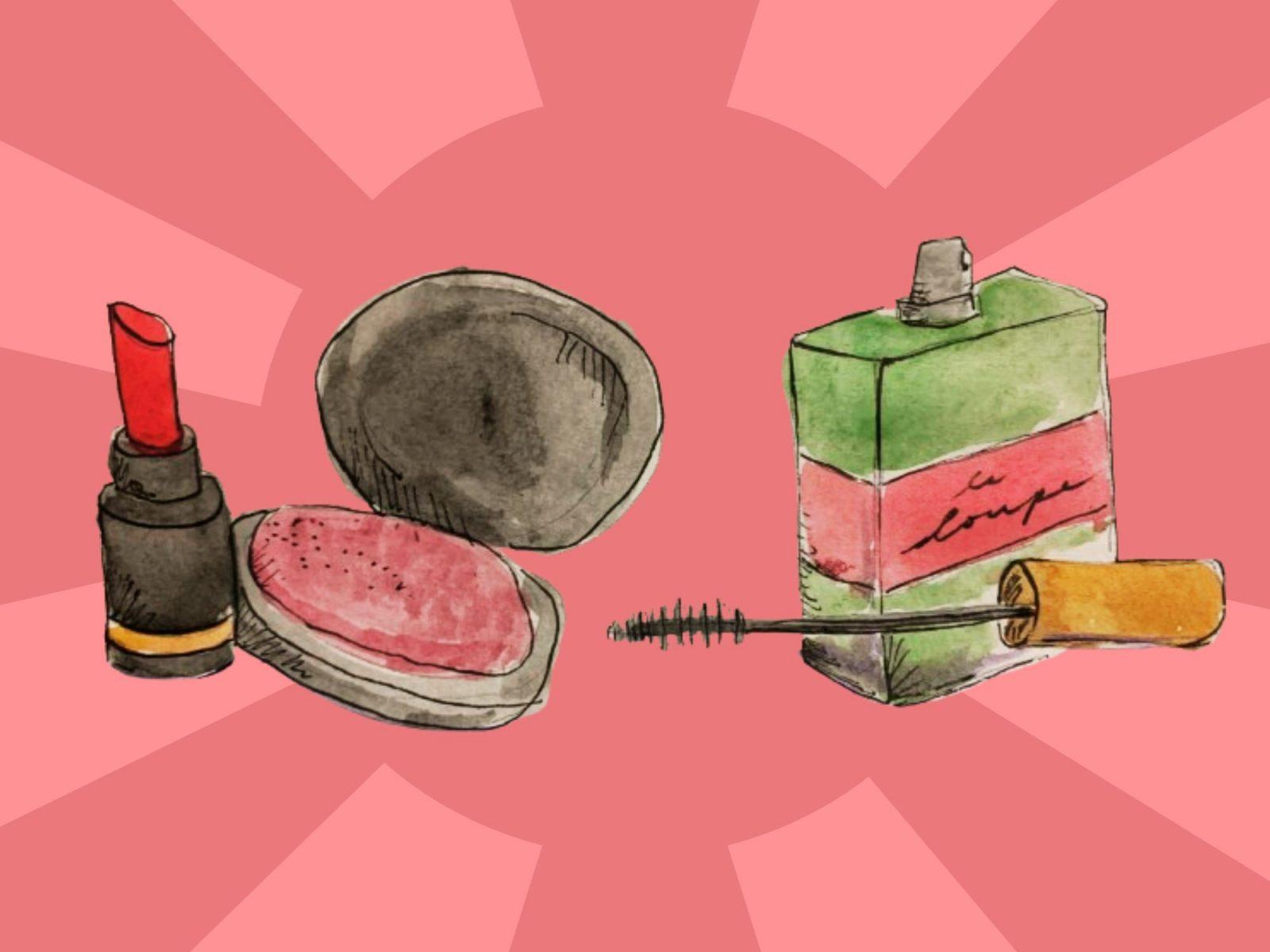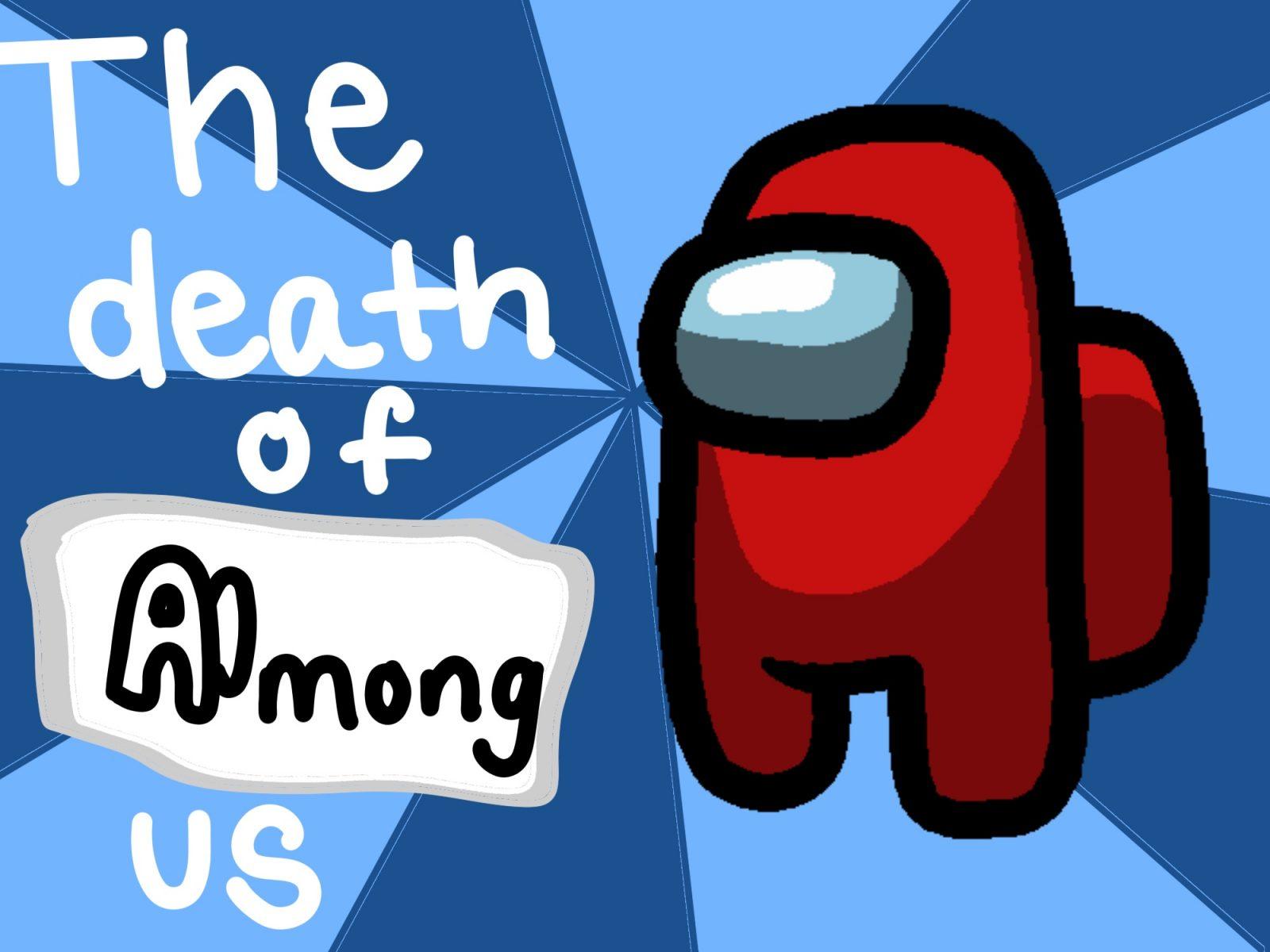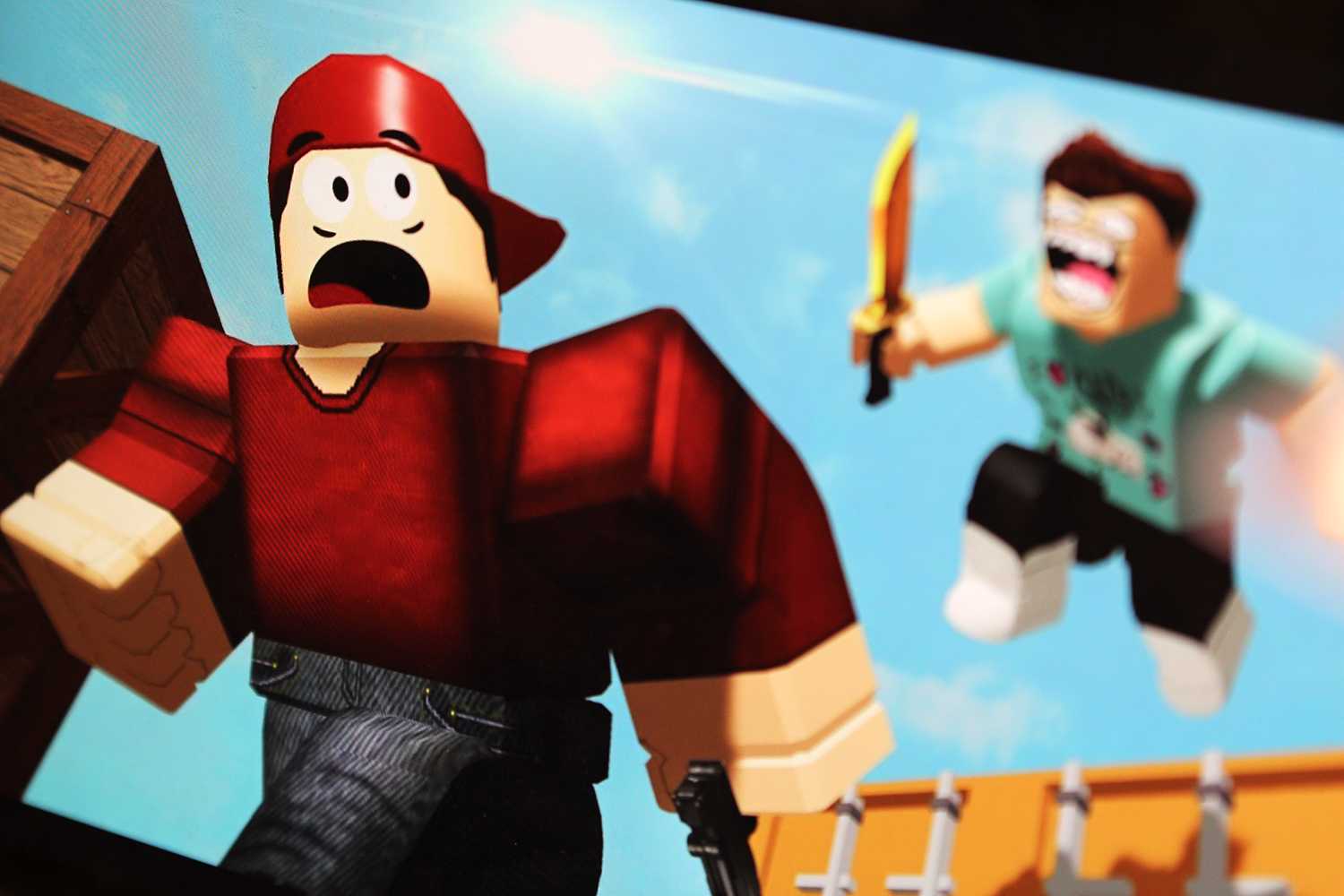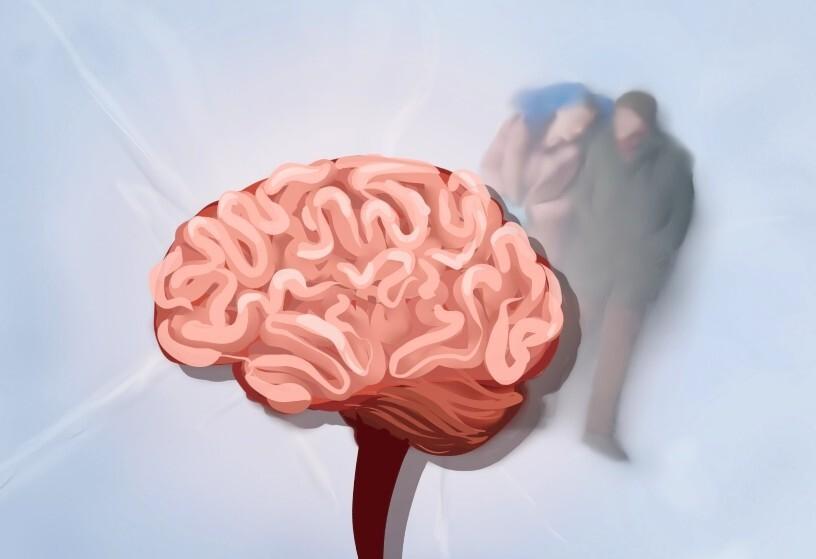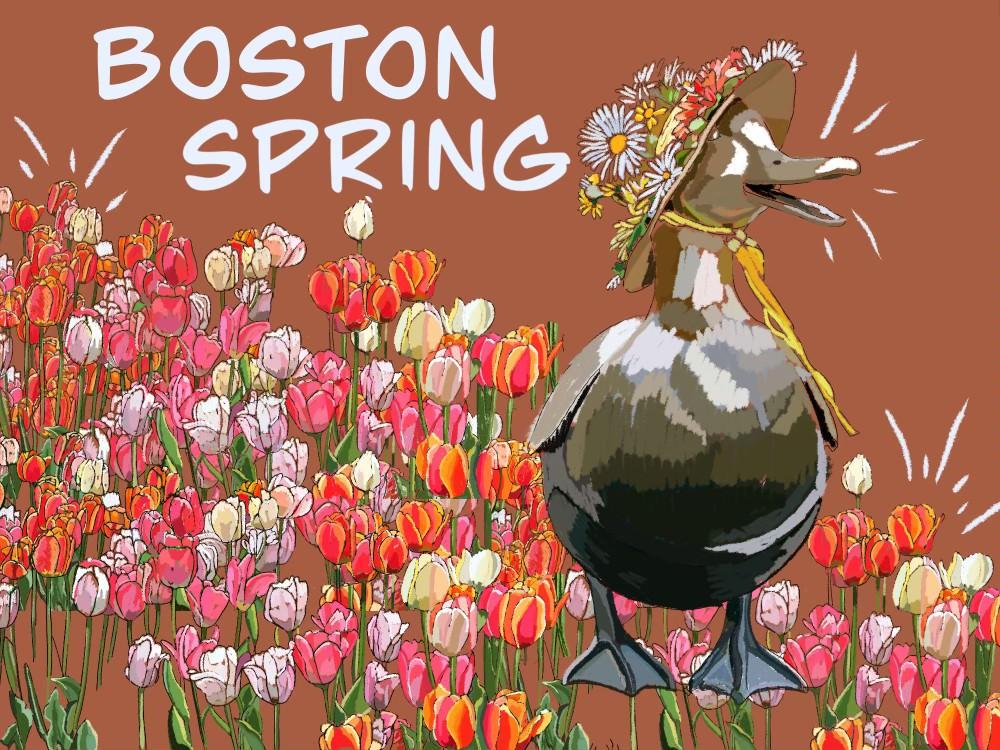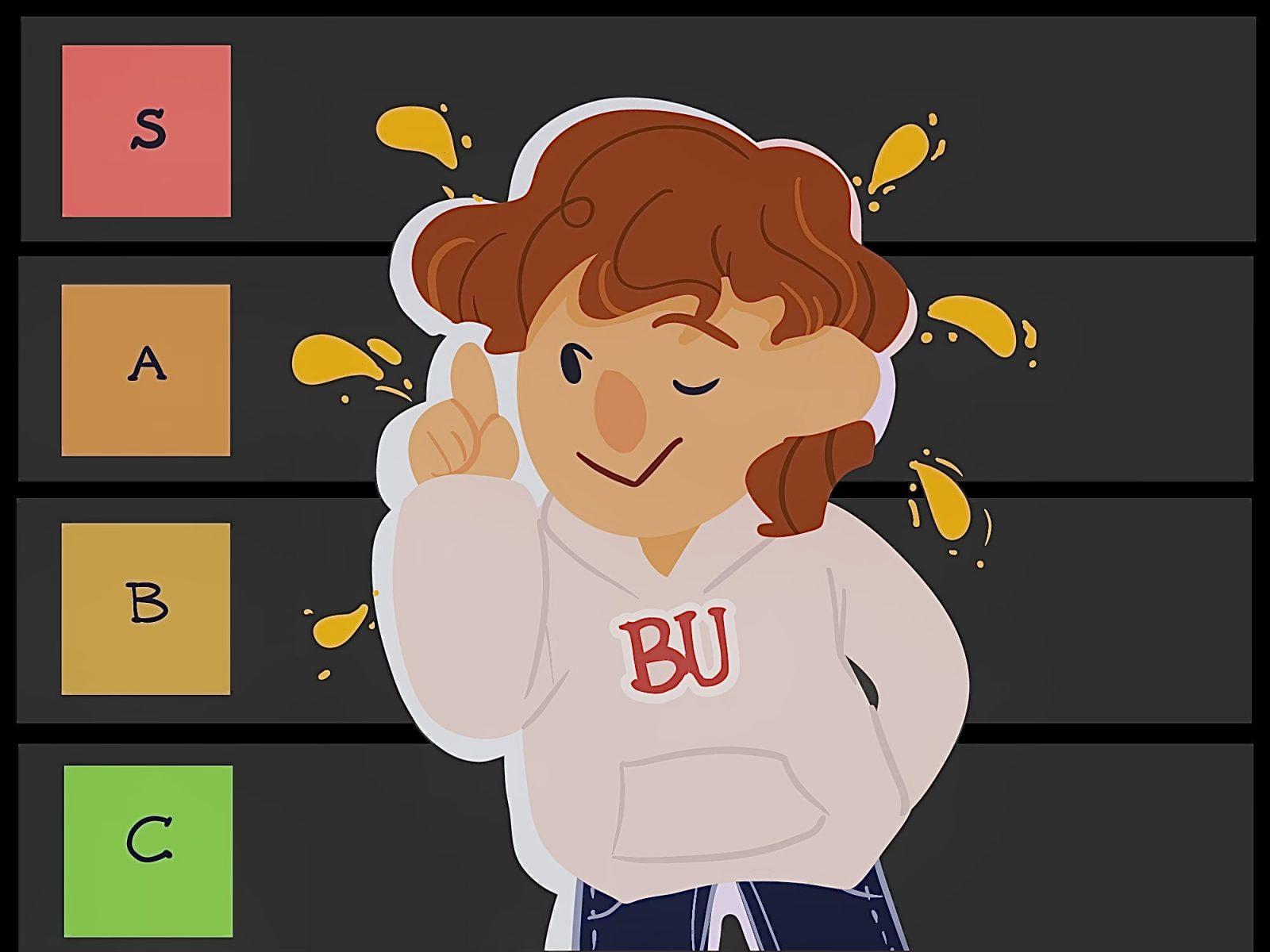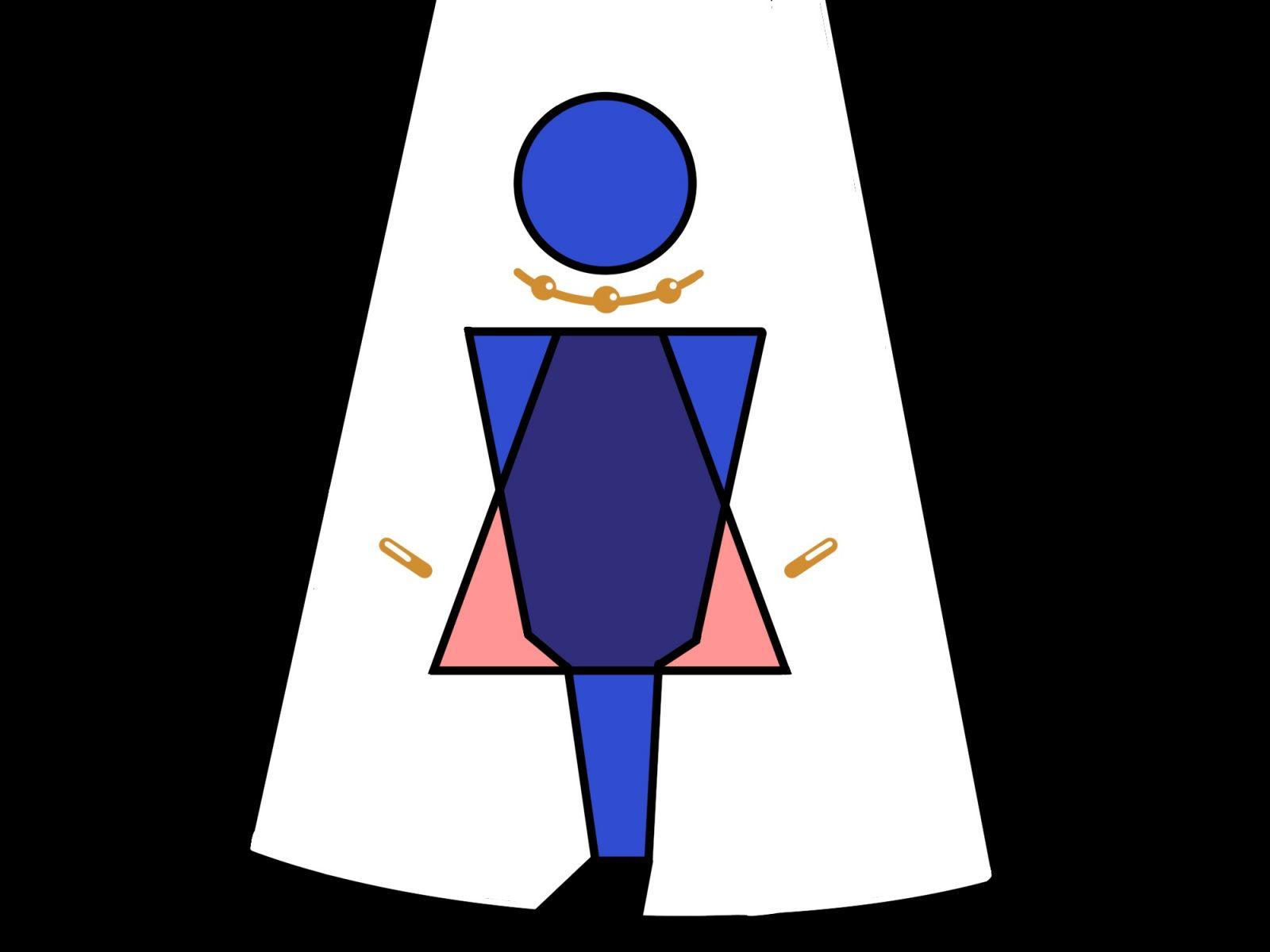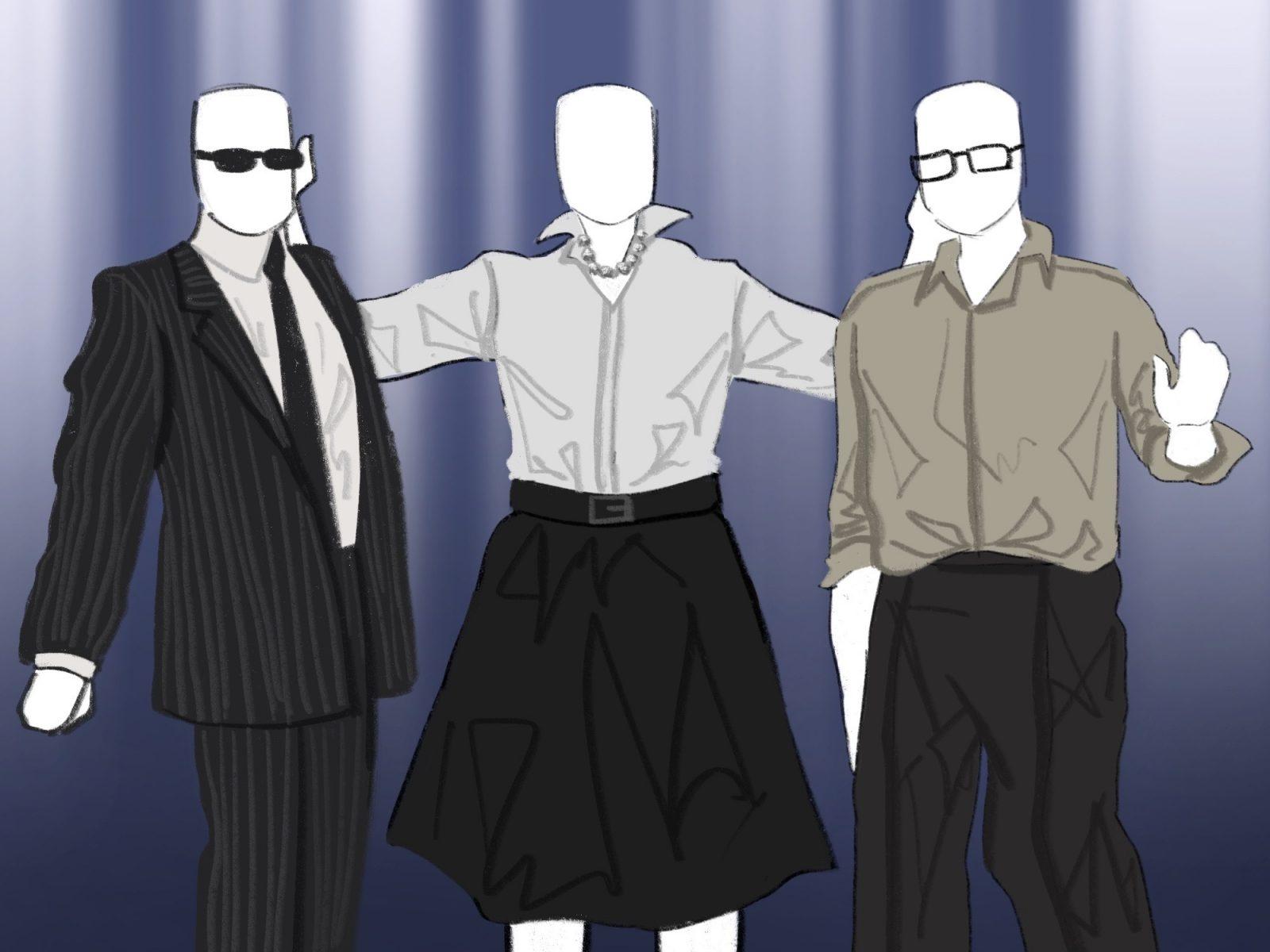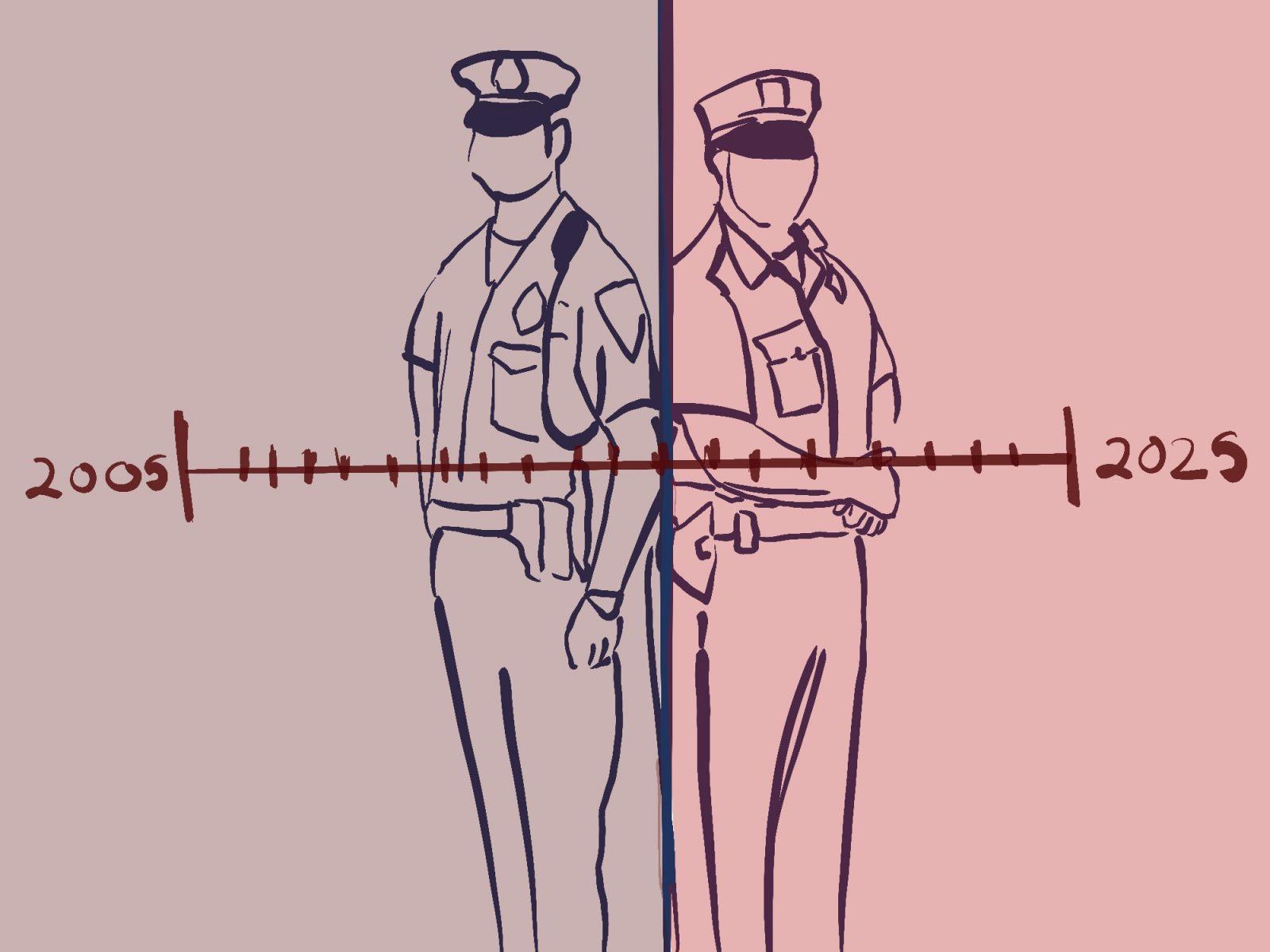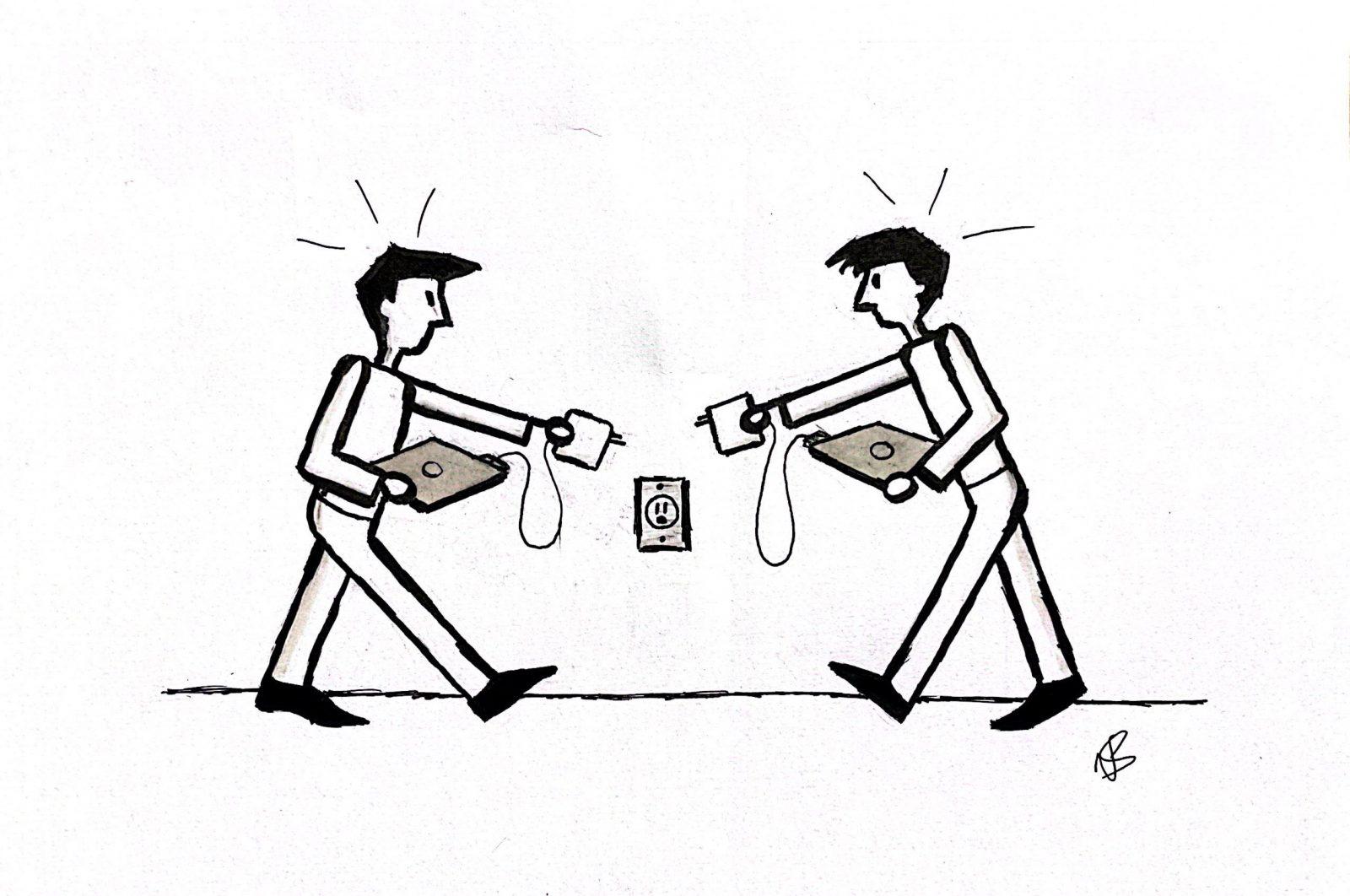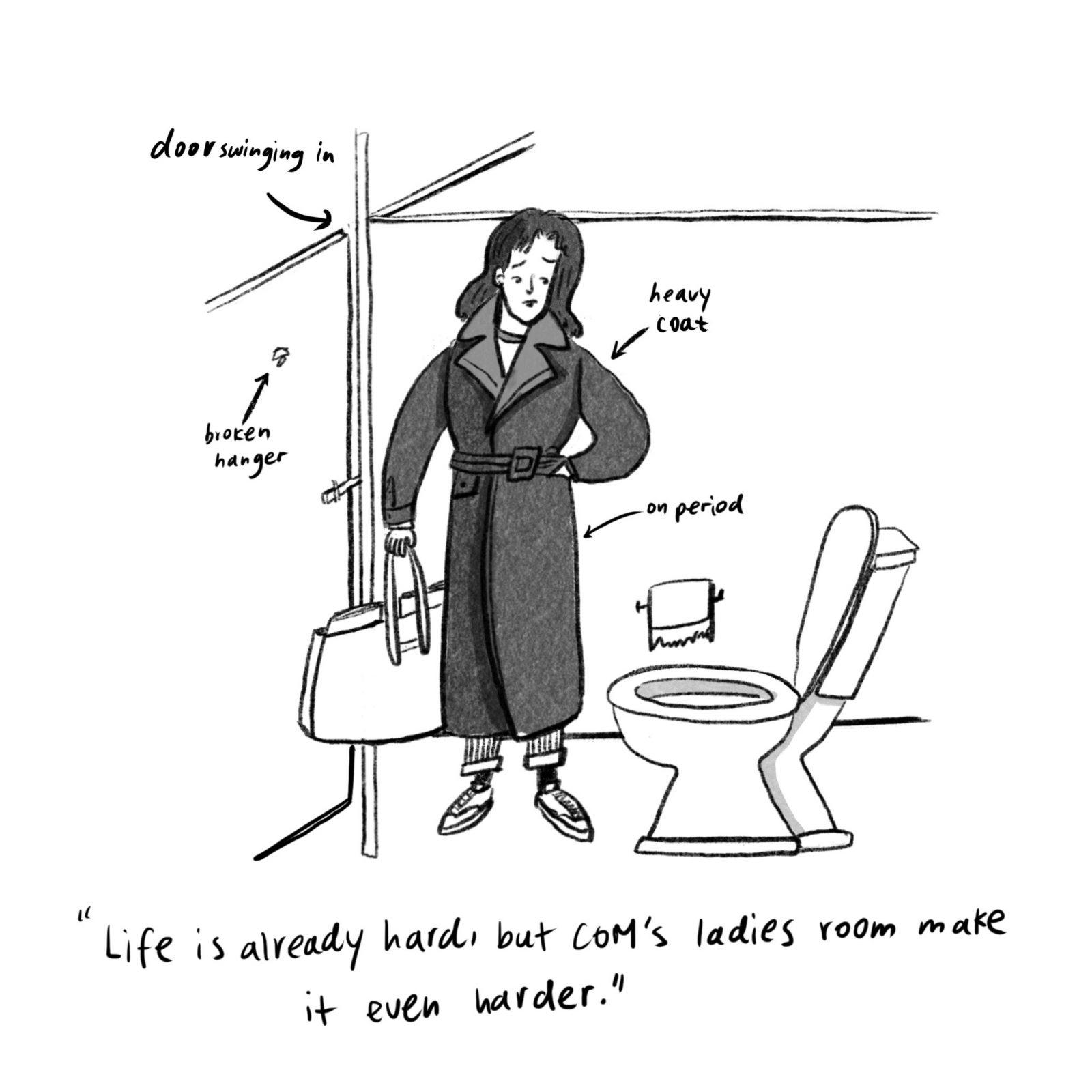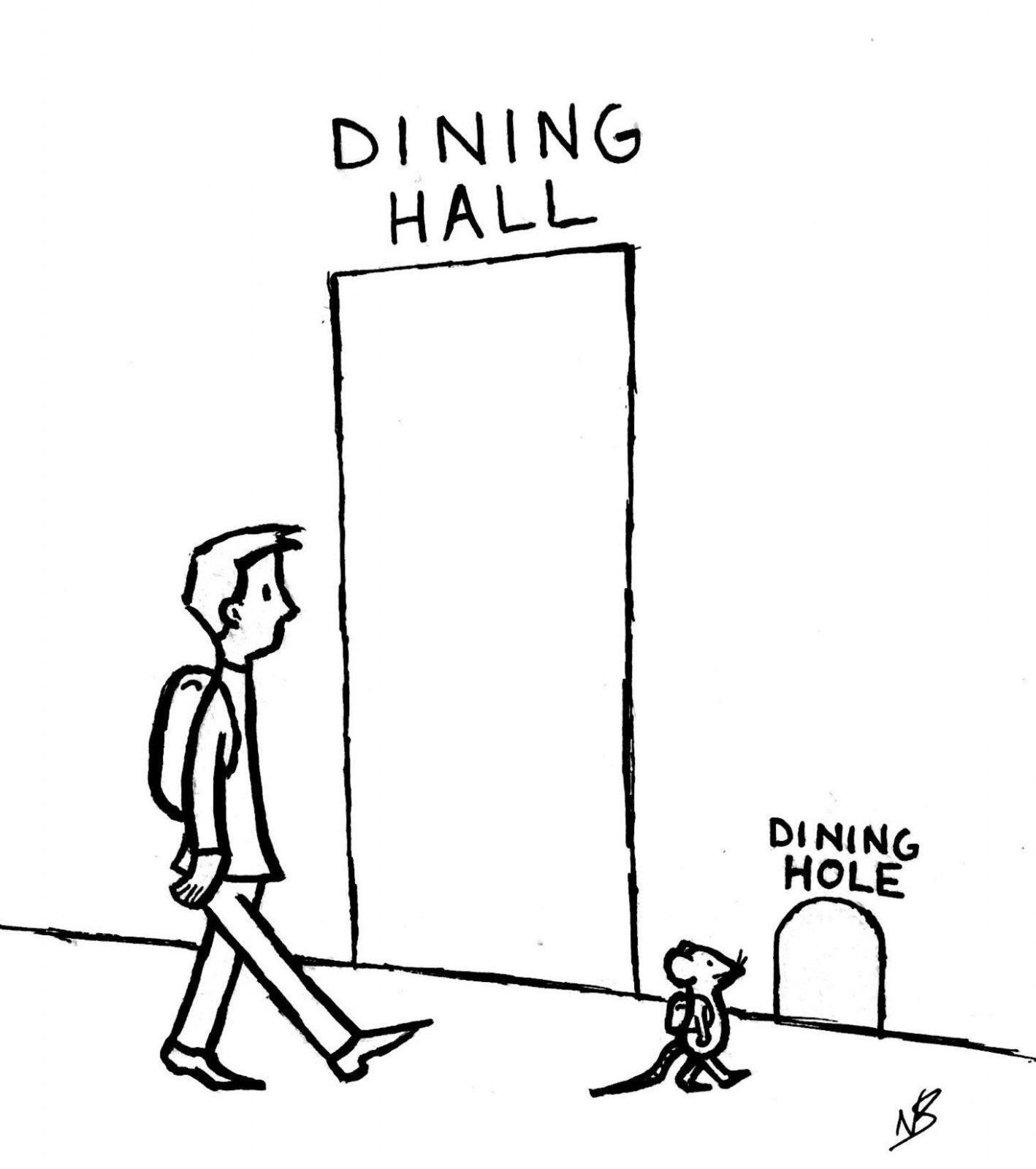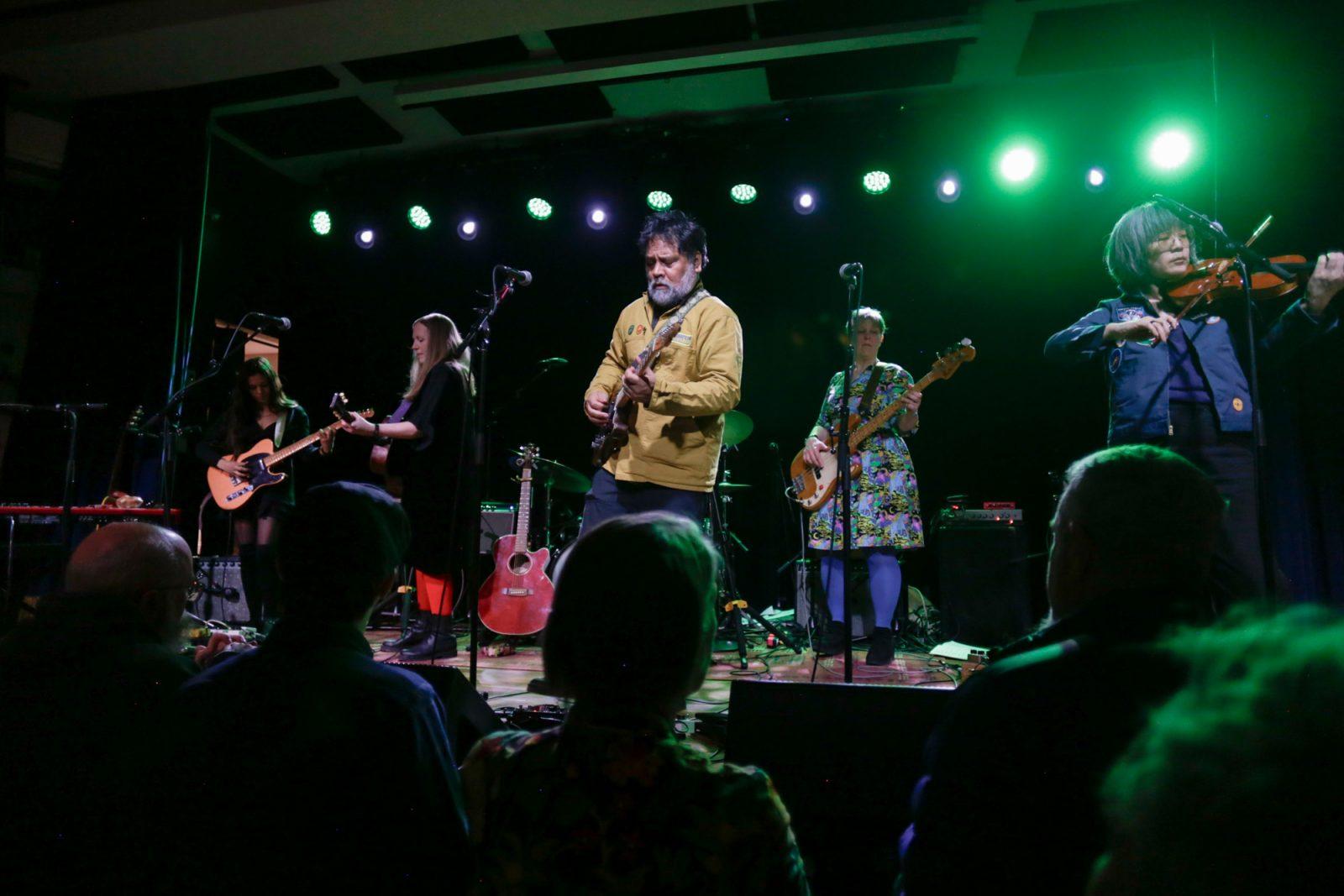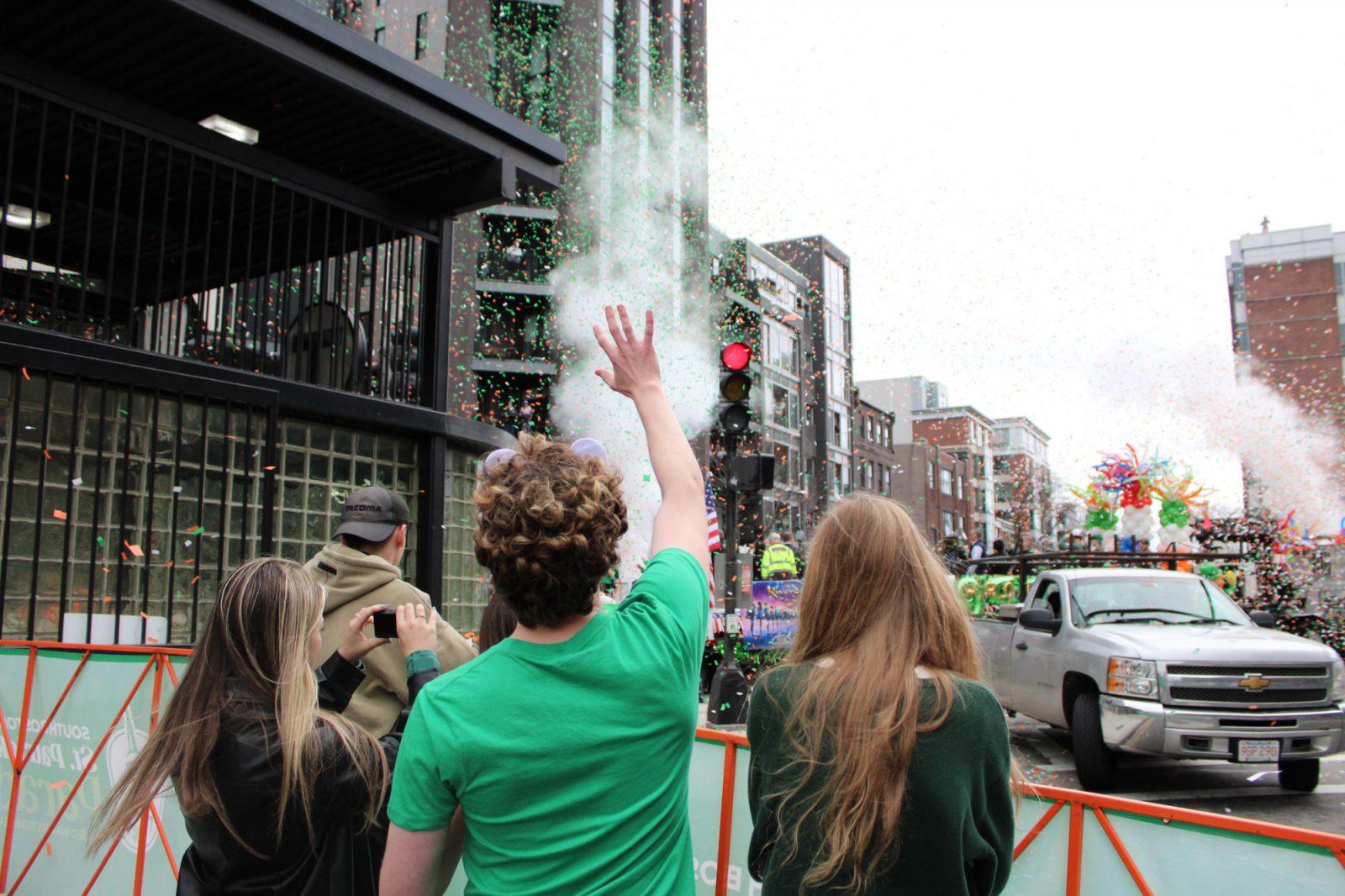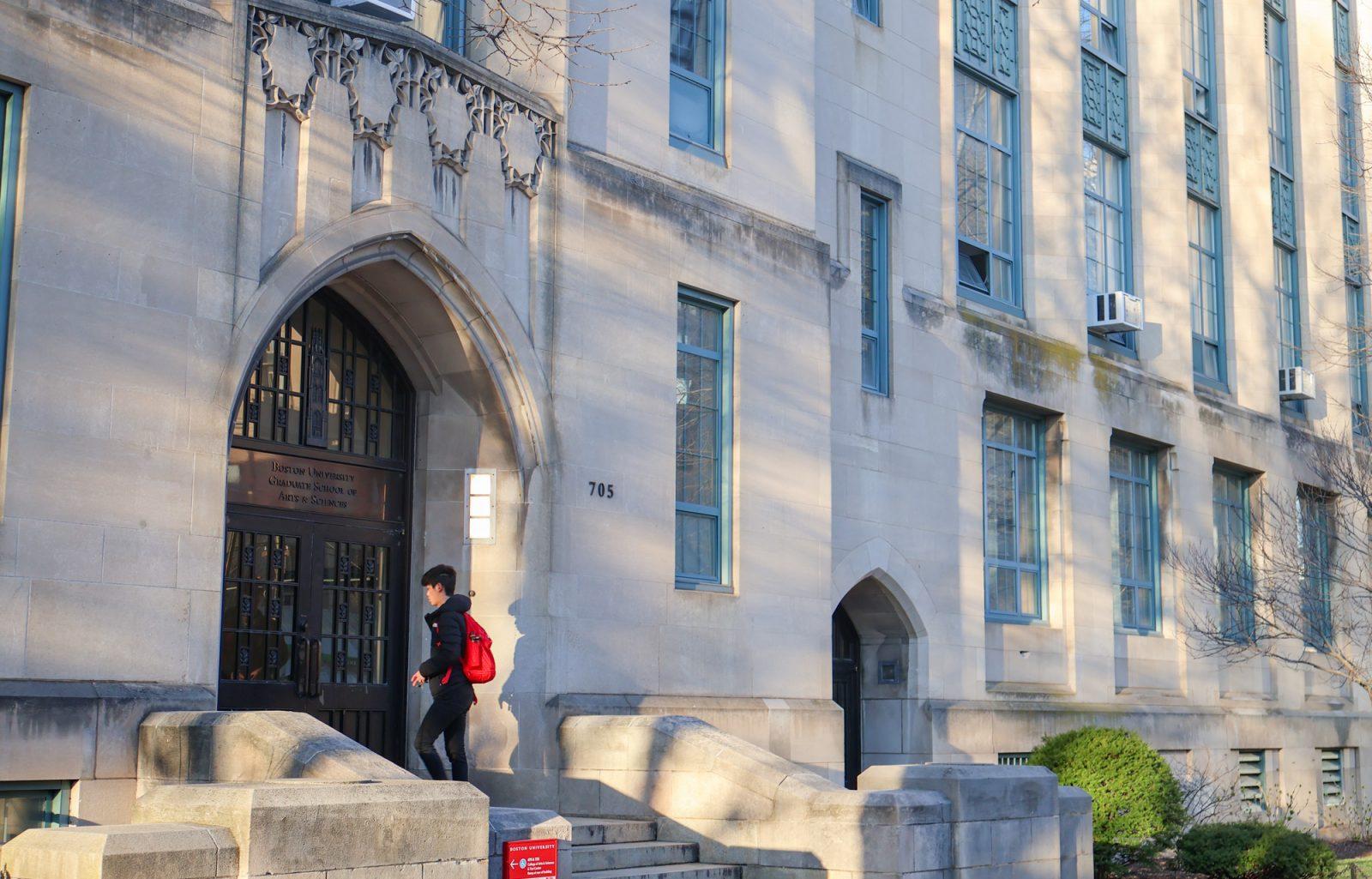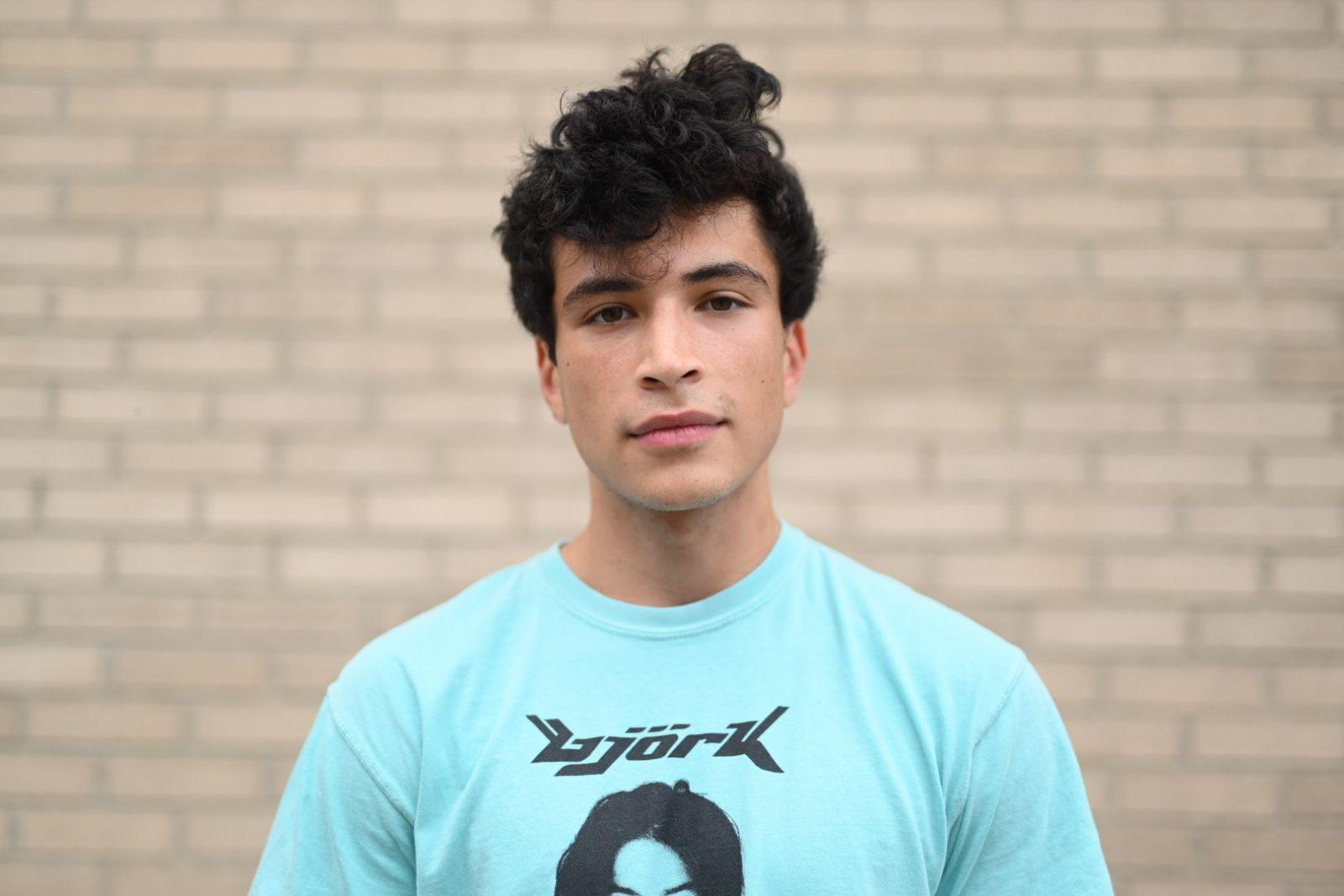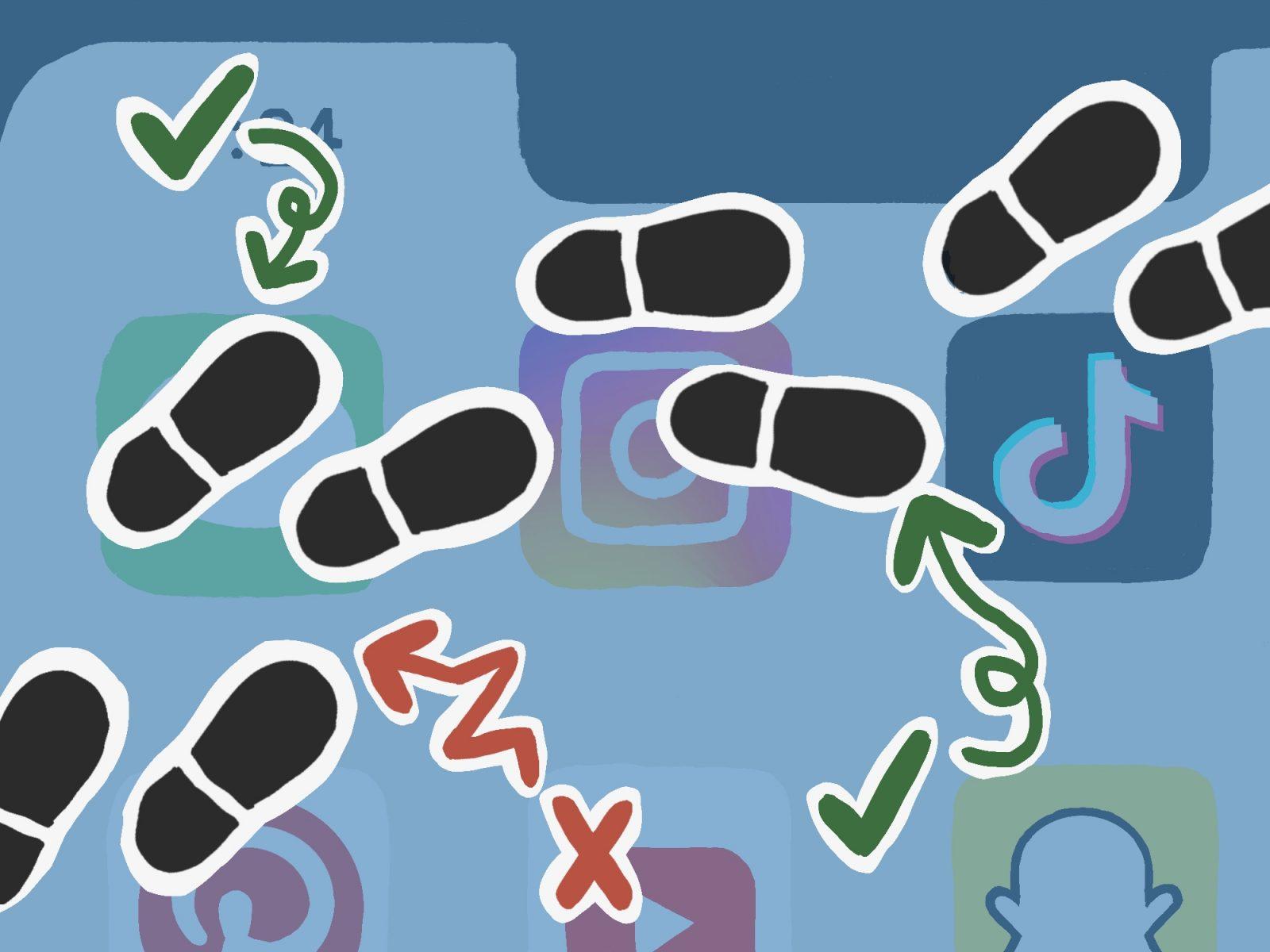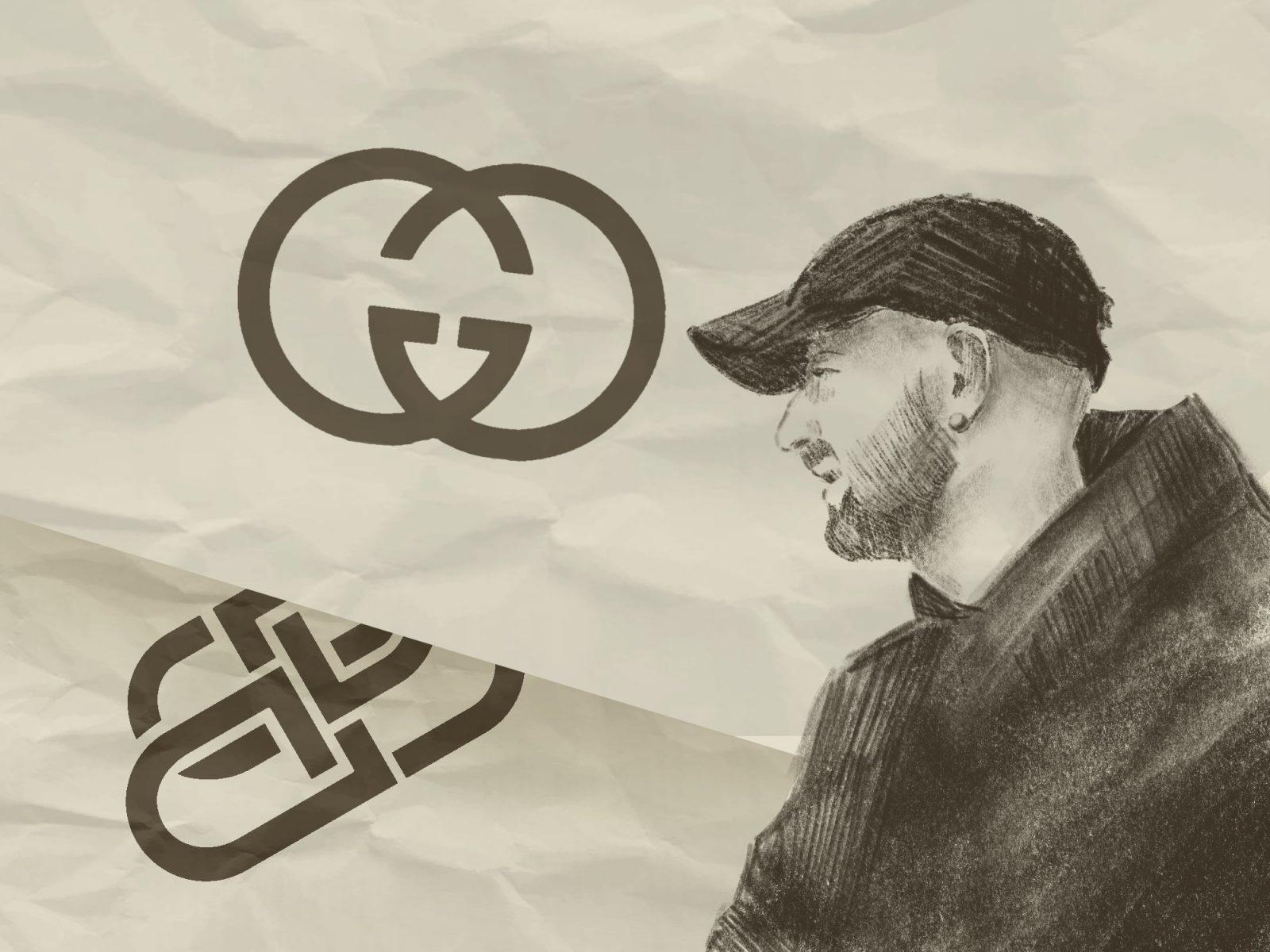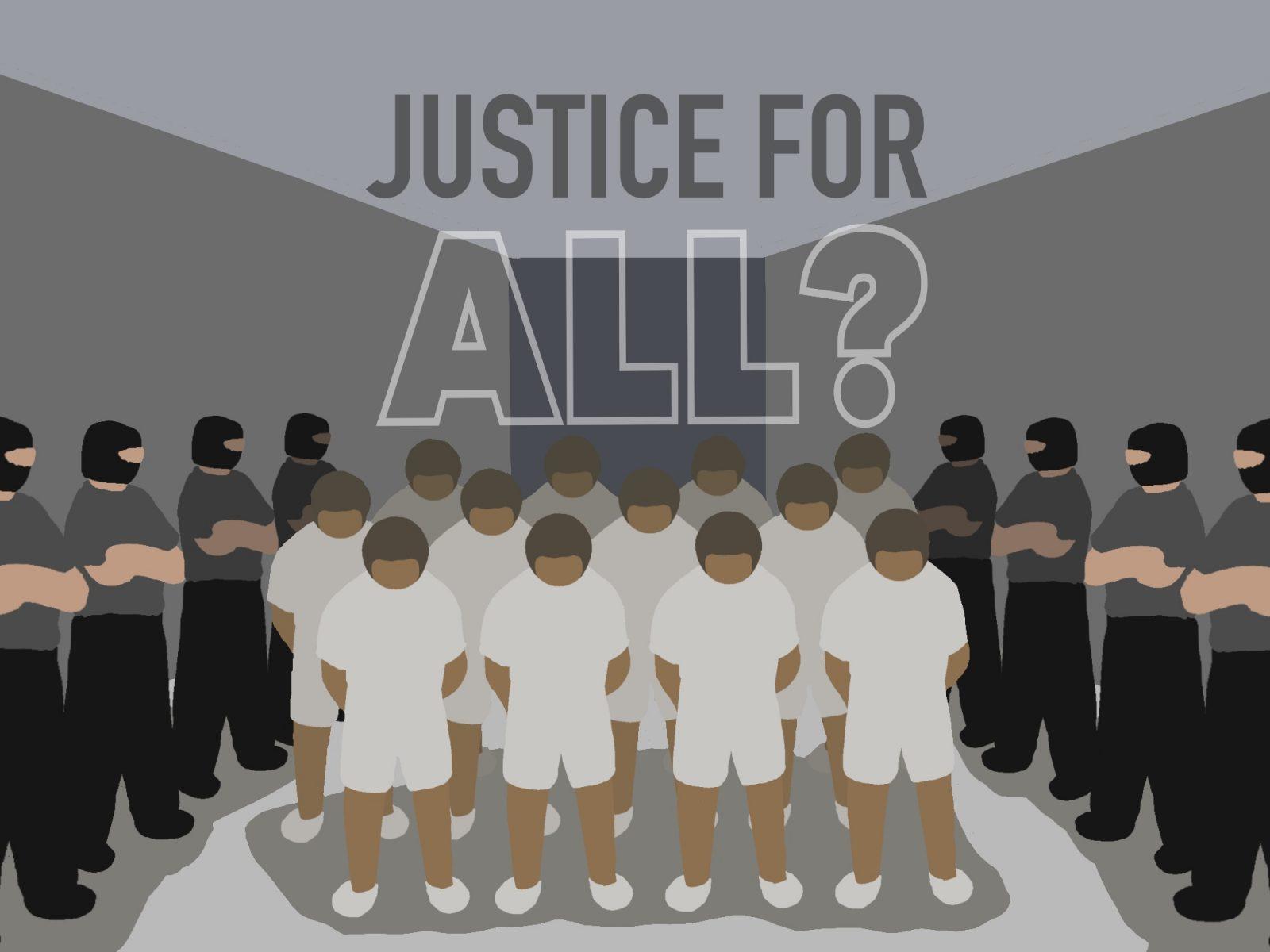The first presidential debate of 2020 was an entertaining watch for some, and a torturous ordeal for the rest.
In the most volatile presidential debate yet, a moment that seemed to catch the most scrutiny occurred at the very end of President Donald Trump’s performance. When called upon by Fox anchor Chris Wallace to denounce white supremacy, Trump refused. Instead, he responded:
“Proud Boys, stand back and stand by. But I’ll tell you what, somebody’s got to do something about antifa and the left.“
Trump not only refused to denounce white supremacy, but further enabled it by calling upon extremist elements of his coalition. With this singular response, in addition to his rhetoric concerning electoral fraud, Trump questions the legitimacy of election results, incites extremist violence and scapegoats the left. All of these elements are consistent with the rise of fascist dictatorships.
Despite Trump’s ideology — or lack thereof — he is increasingly willing to use authoritarian measures to retain power.
Although the “Proud Boys” may not have the same fascistic punch as Mussolini’s Squadristi, or Hitler’s Sturmabteilung, the group has made it clear they are more than willing to use violence as a means to advance a white supremacist agenda.
Despite the group’s denial that they hold white supremacist views, they are designated as a hate group by the Southern Poverty Law Center and “an extremist group with ties to white nationalism” by the FBI.
Additionally, the Proud Boys’ founder, Gavin McInnes, often endorses political violence. On “The Gavin McInnes Show,” which ran from 2015-2017, he would boast casual incitements such as:
“We will kill you. That’s the Proud Boys in a nutshell.”
“Can you call for violence generally? Cause I am.”
“We need more violence from the Trump people. Trump supporters.”
Groups like the Proud Boys have been paramount to the rise of fascism throughout history. These extremist groups have aided demagogues’ rise to power in a variety of ways, including polling place intimidation, which Trump invites his supporters to do.
Another facet of fascist consolidation is Trump’s shift of focus from the external enemy to the enemy within. Trump first rose to power with a hardline stance against immigration.
Trump’s anti-immigrant rhetoric is a staple of demagoguery, but U.S. Immigration and Customs Enforcement under Trump has gone beyond acceptable practices, reaching its most horrific point with reports of forced sterilizations of women.
The government is already prepared to shift dynamically between scapegoating internal and external elements as enemies of the state.
Trump’s ideology, however, has proven too opportunistic and incoherent to be tied directly to an ideology such as fascism. This charge has been levied against the president ceaselessly, yet the name falls flat because it is clear we exist in a liberal democracy rather than a fascist dictatorship.
While liberals are correct that fascism is consistent with the xenophobic authoritarianism displayed by Trump, they miss some of the most crucial aspects of a system as inhumane as fascism. And in doing so, fascism becomes a trivialized, weekly op-ed topic to describe a racist, distinct political ideology developed throughout the early 20th century.
Trump himself is not politically conscious enough to subscribe to fascism. Rather, his political motivations are mostly rooted in a selfish sense of opportunism, leading him to value personal loyalty over ideological preference.
But regardless of his ideology, or lack thereof, Trump’s commitment to loyalty has placed him in a position where he must resort to fascist measures in order to maintain power.
Any arguments made about Trump’s personal fascist ideology are moot when considering how other structural factors, such as economic downturn and alienation with liberal democracy, are necessary for a society to devolve into fascism.
Structural and social breakdown is a far greater part of Trump’s personal ideological tendencies. Instead of asking if Trump himself is a fascist, we should instead be examining our country to find where we lie susceptible to the rhetoric of such a power-hungry opportunist.

